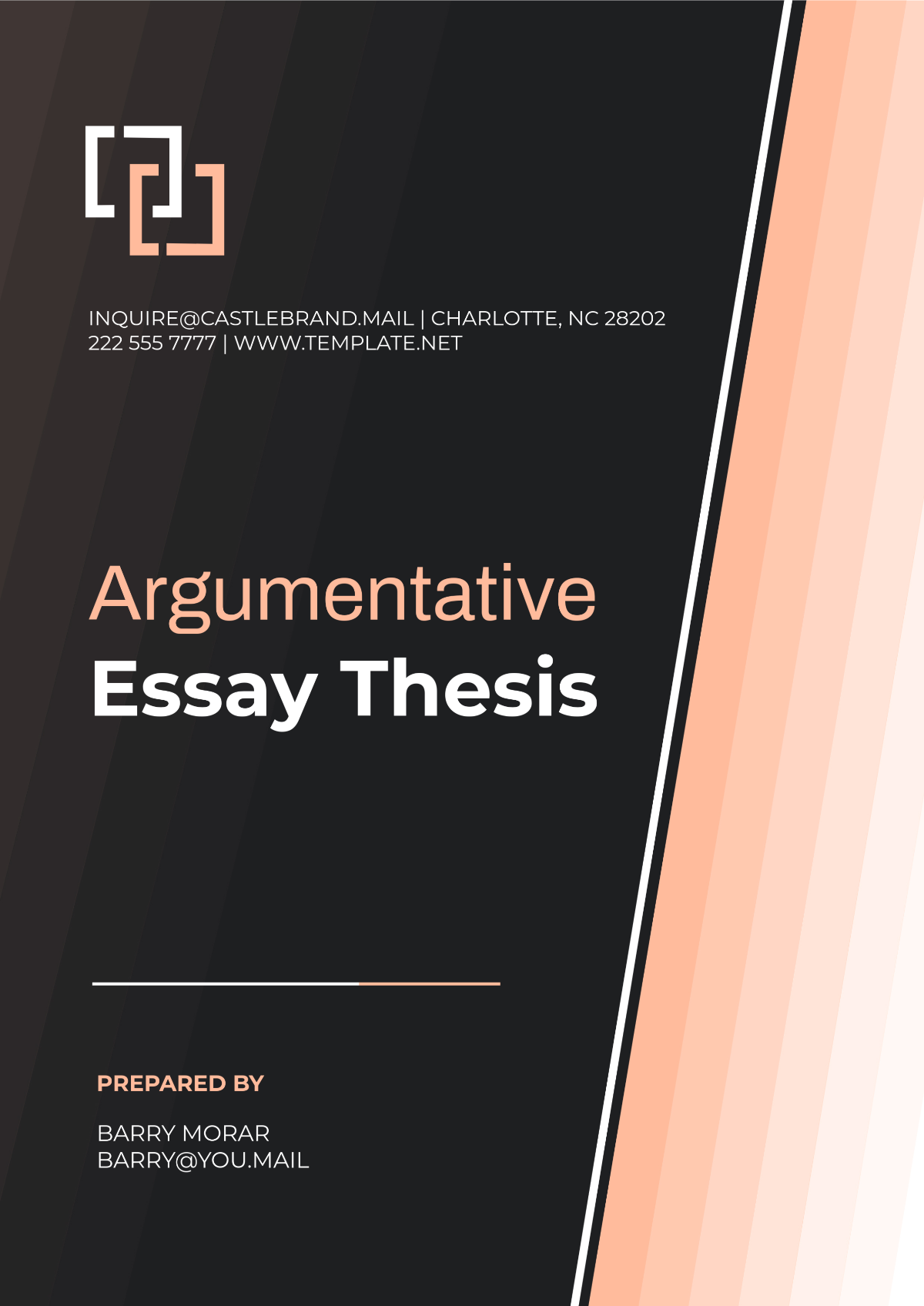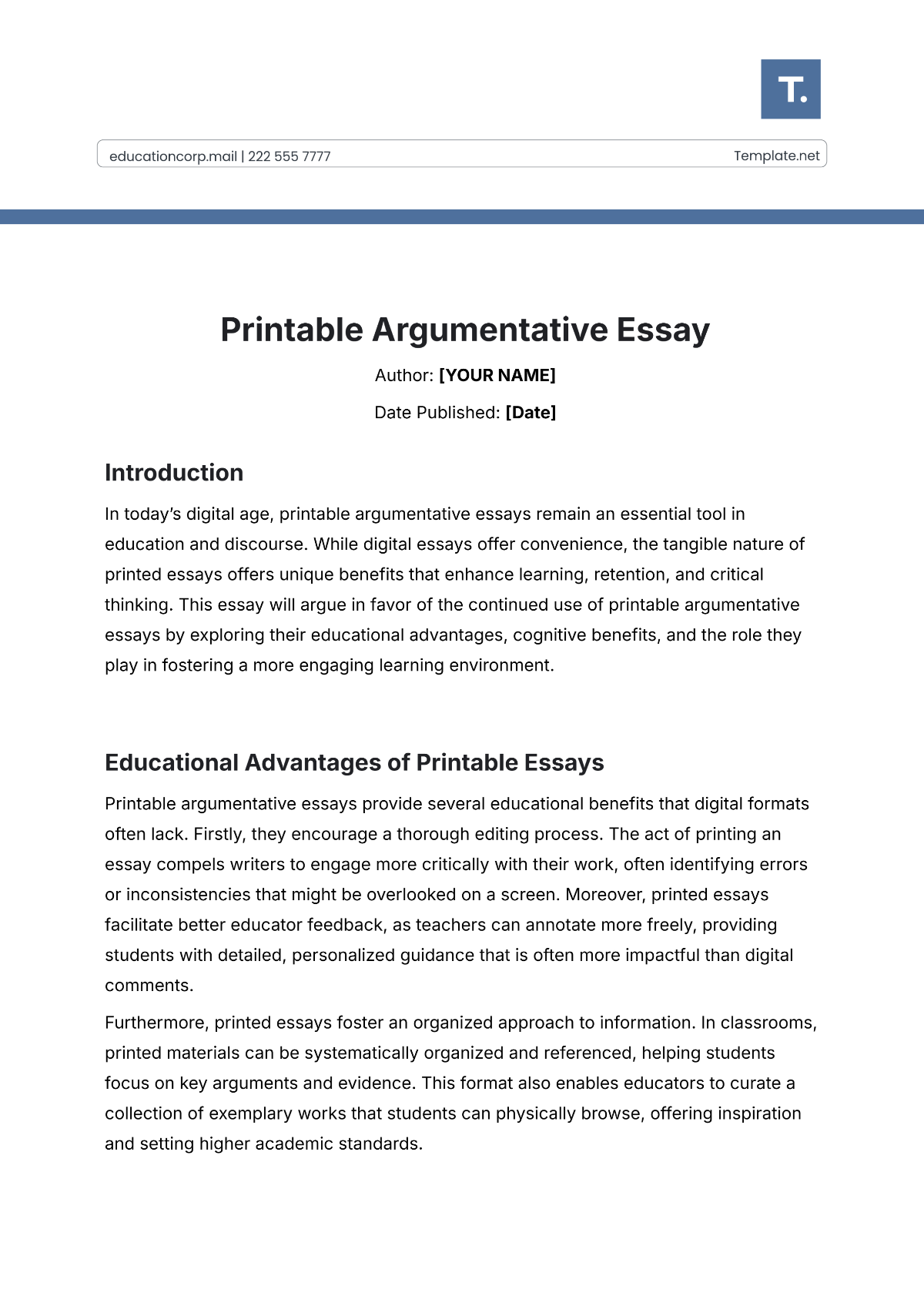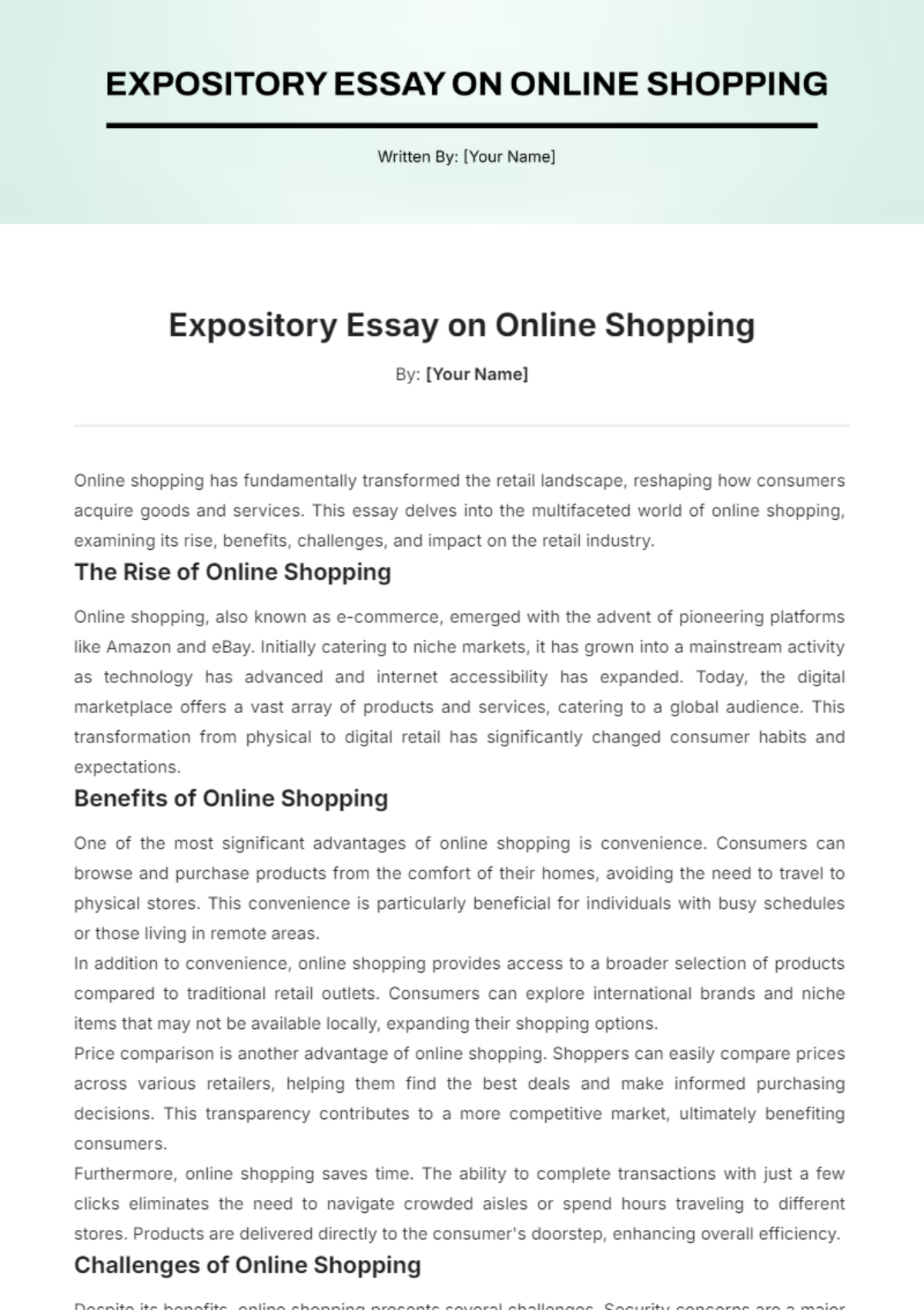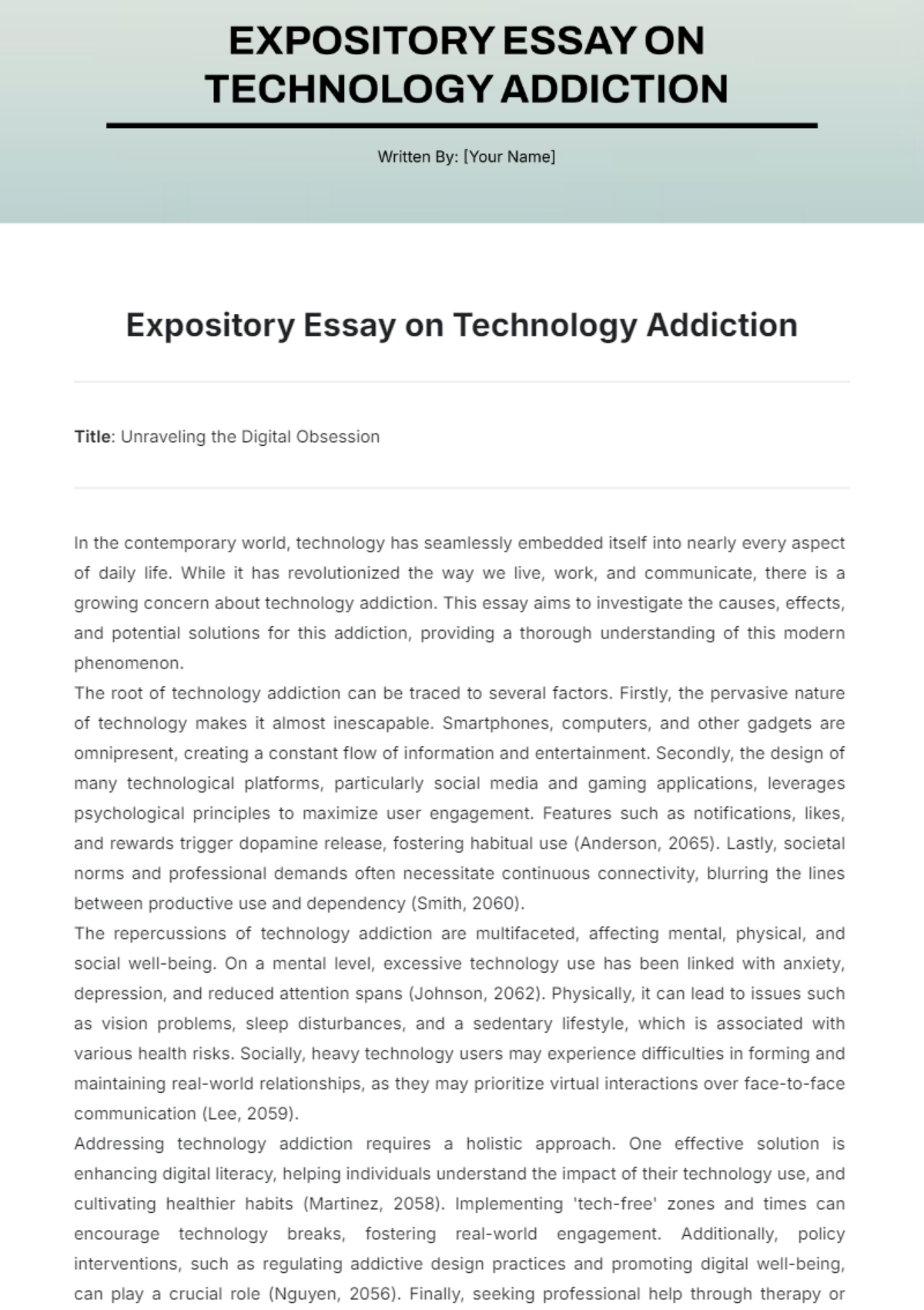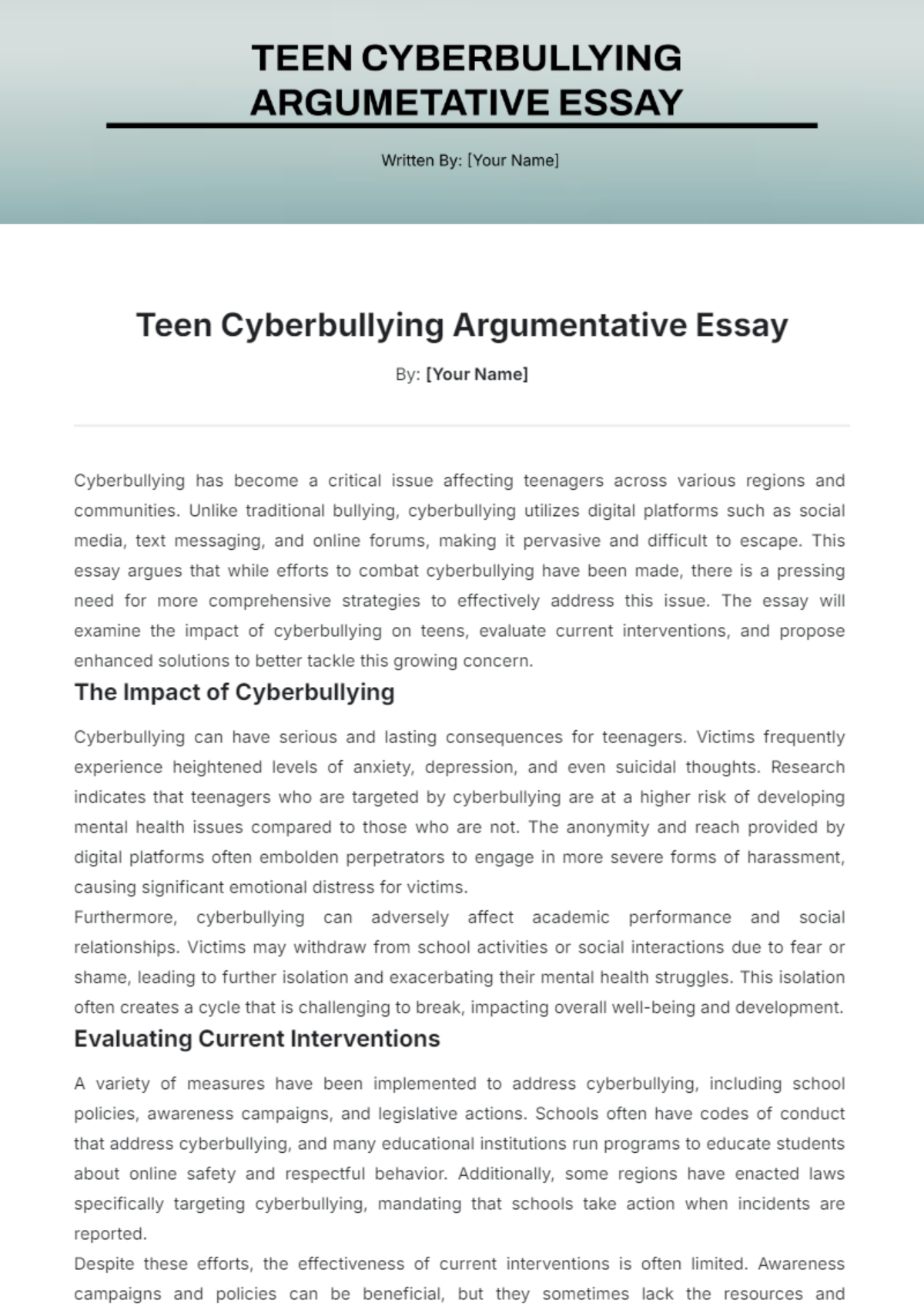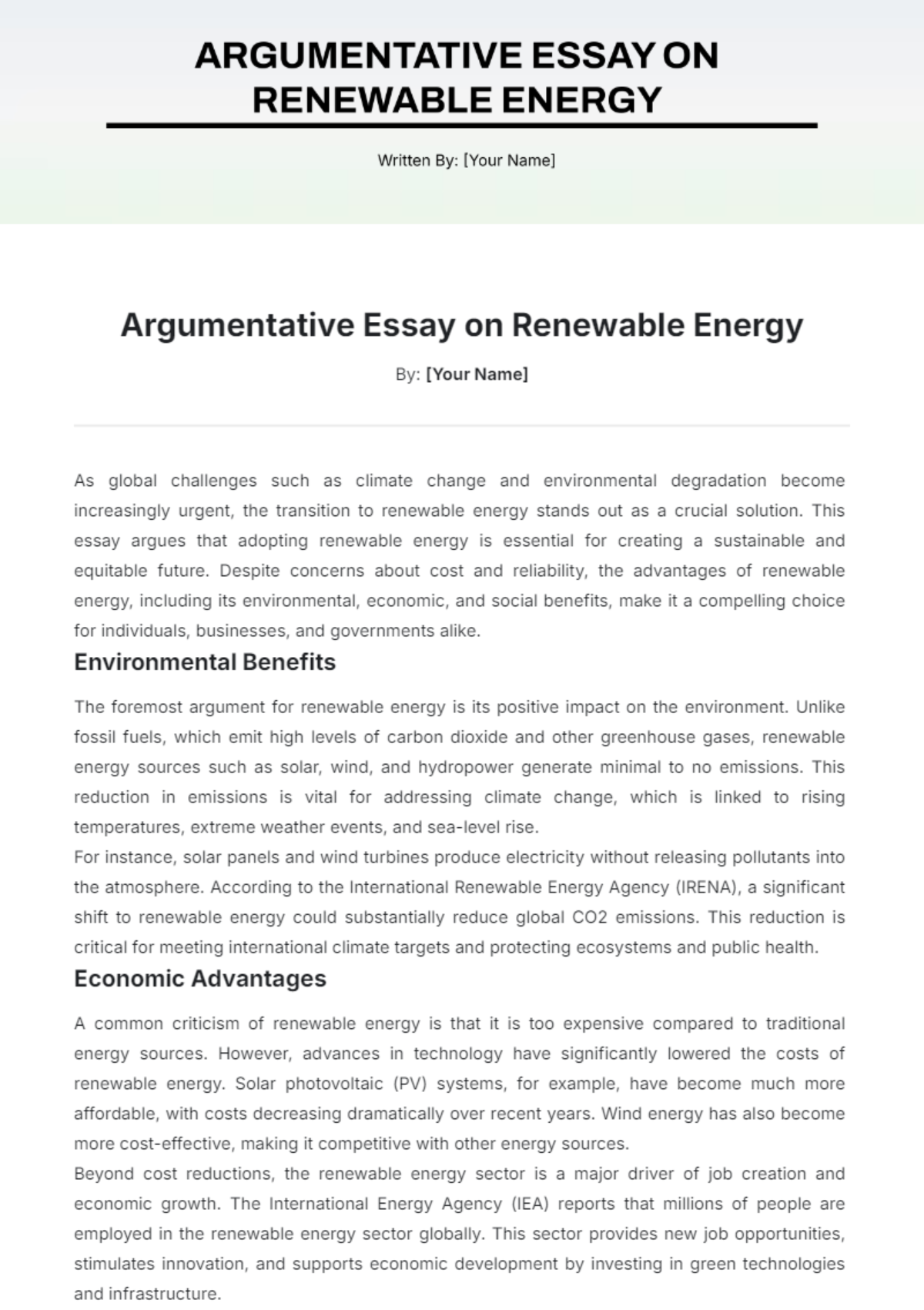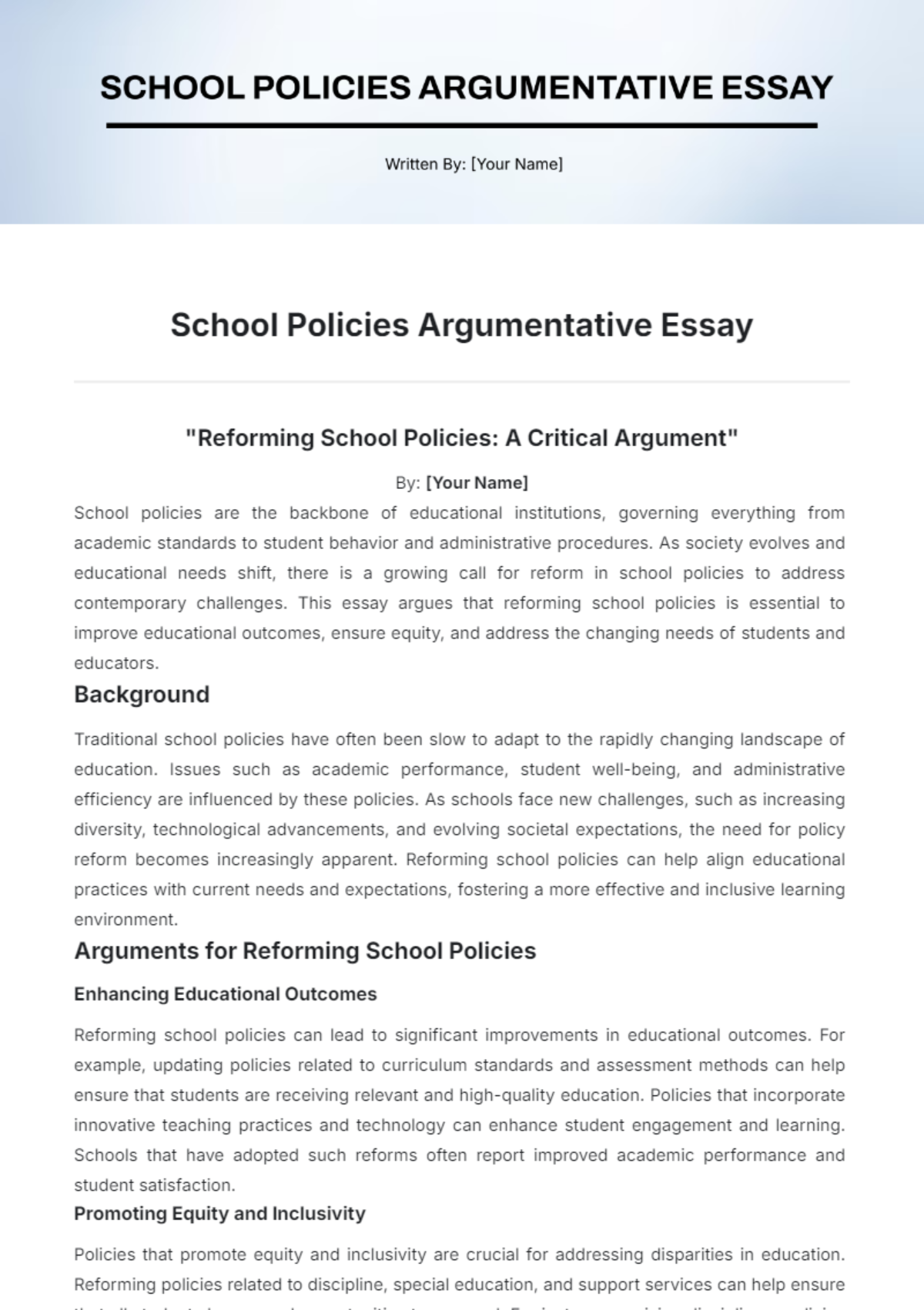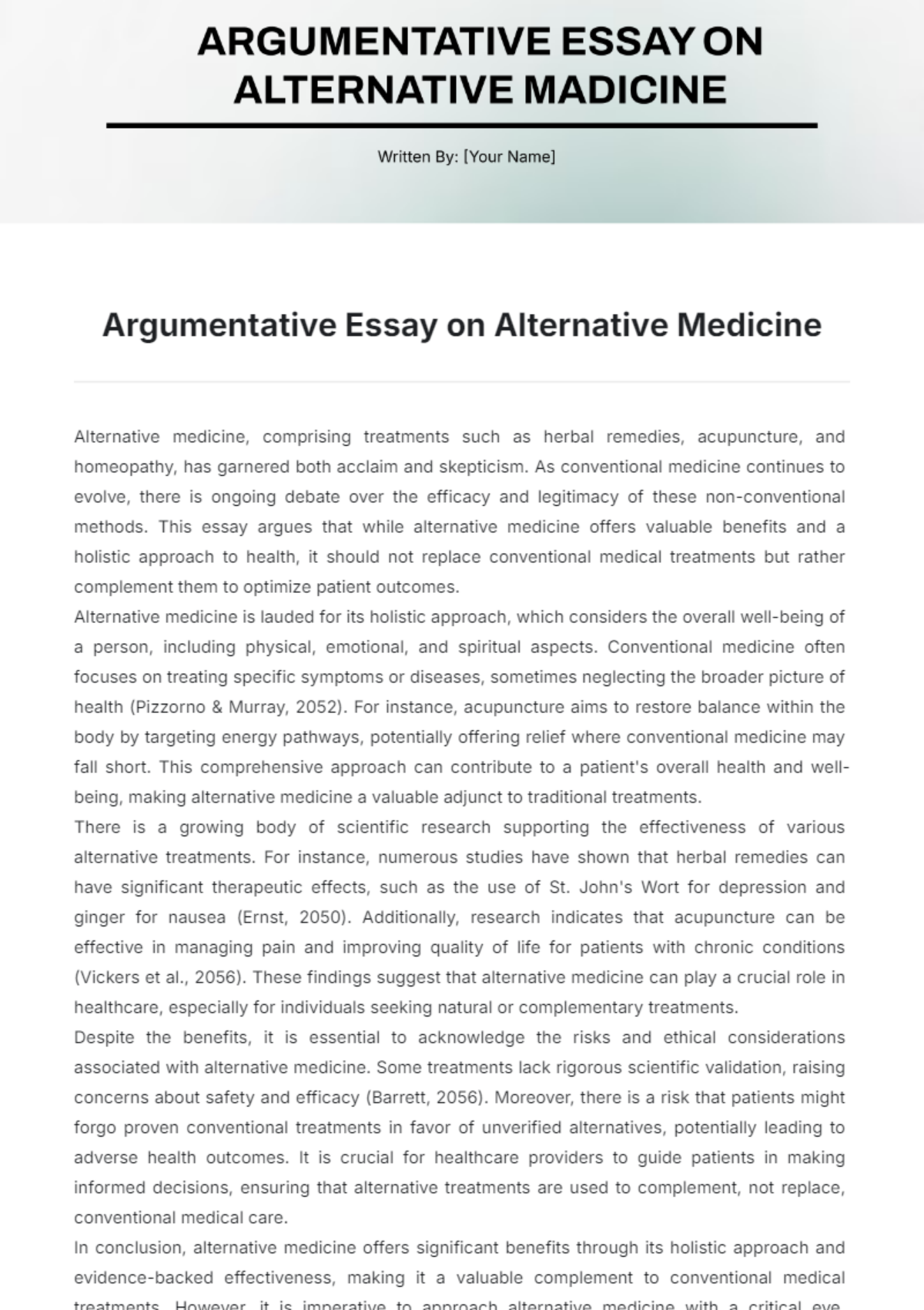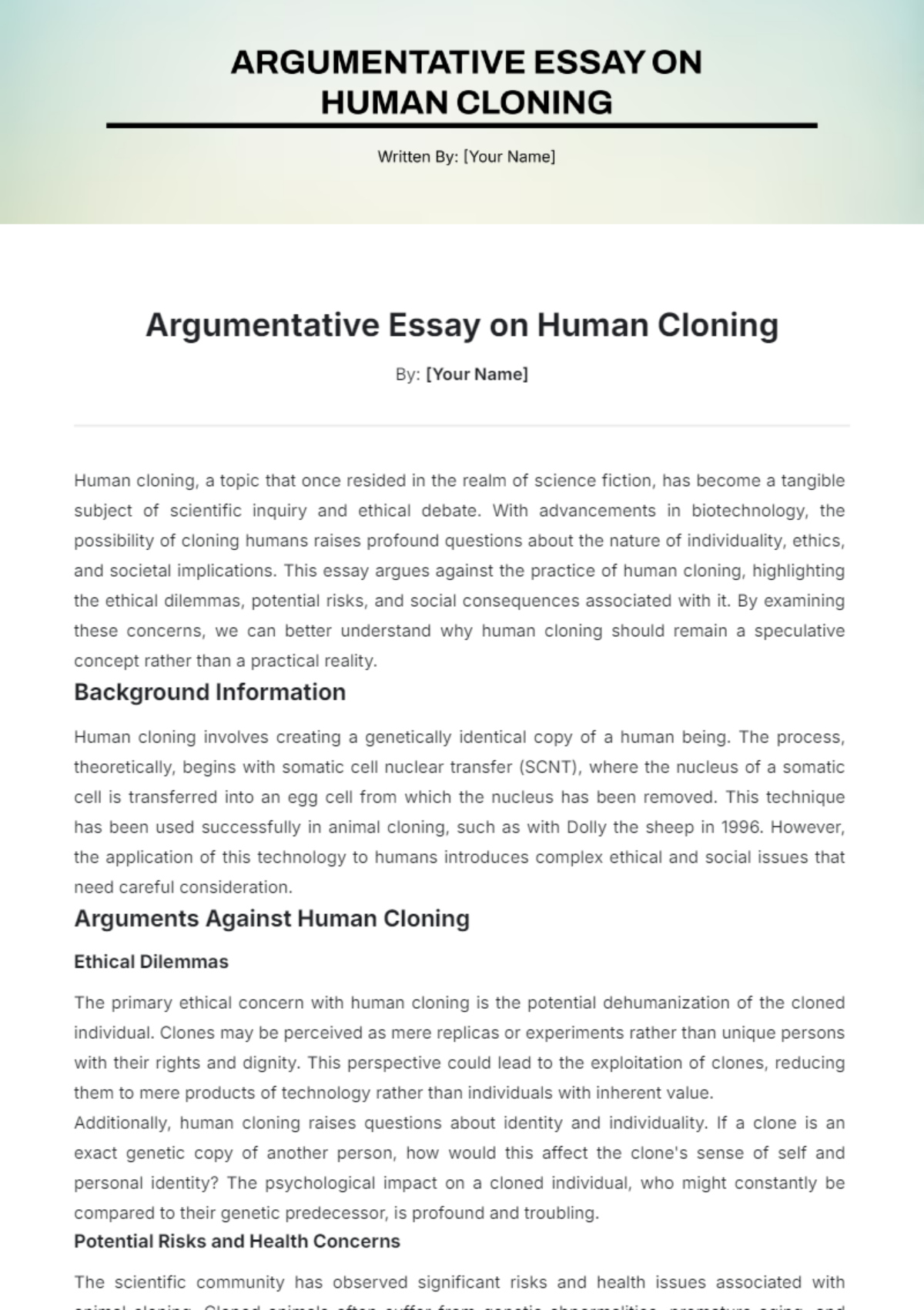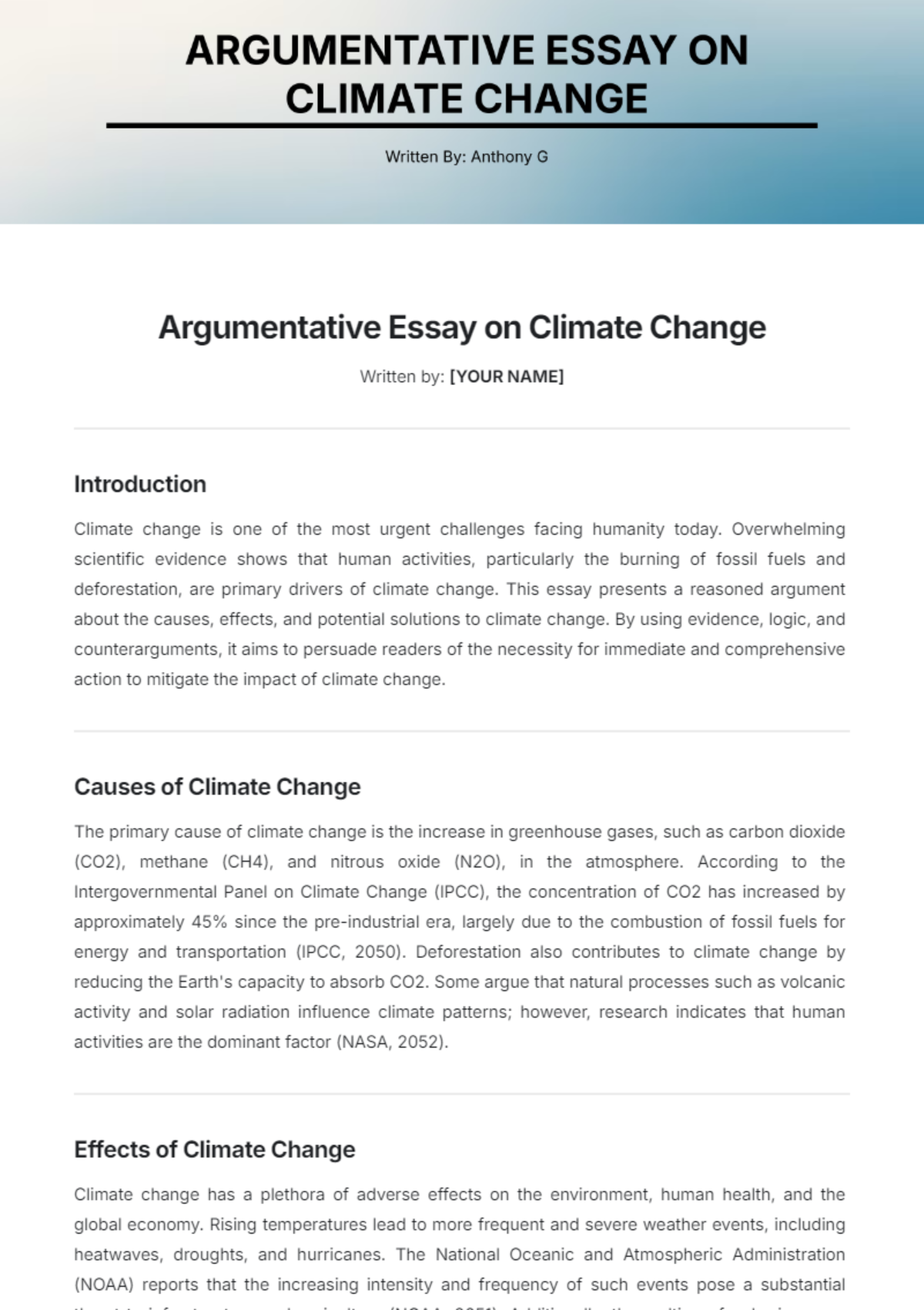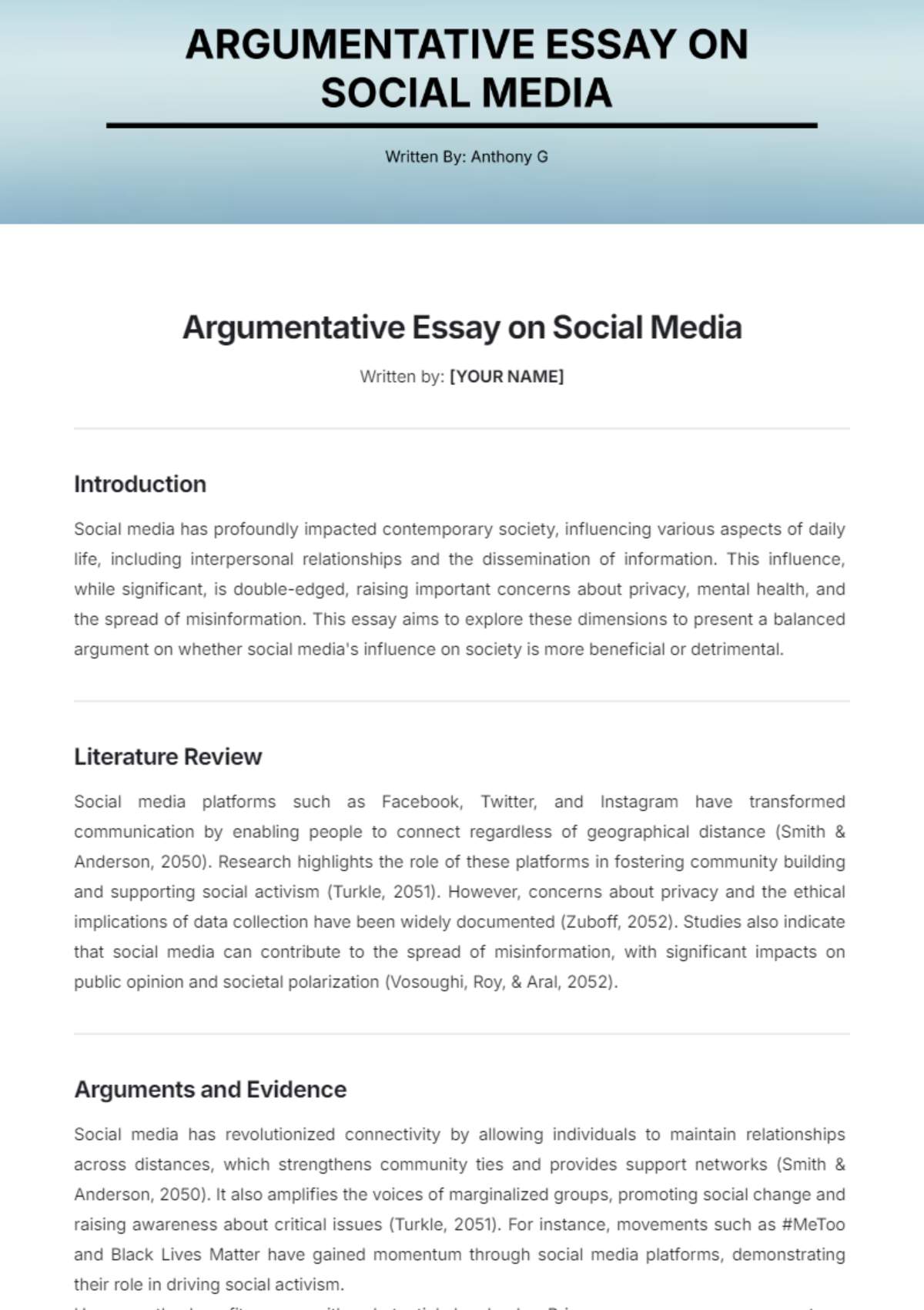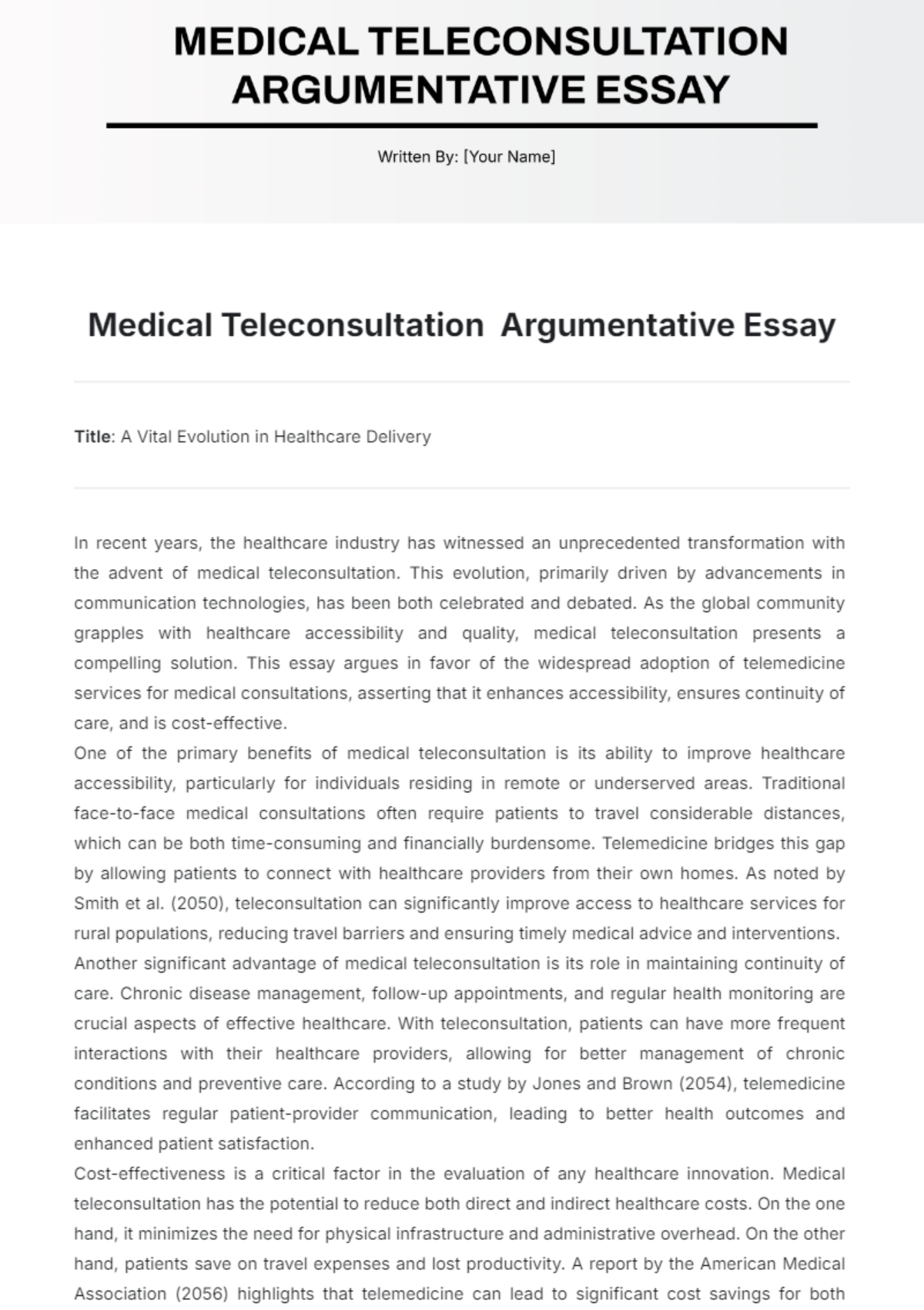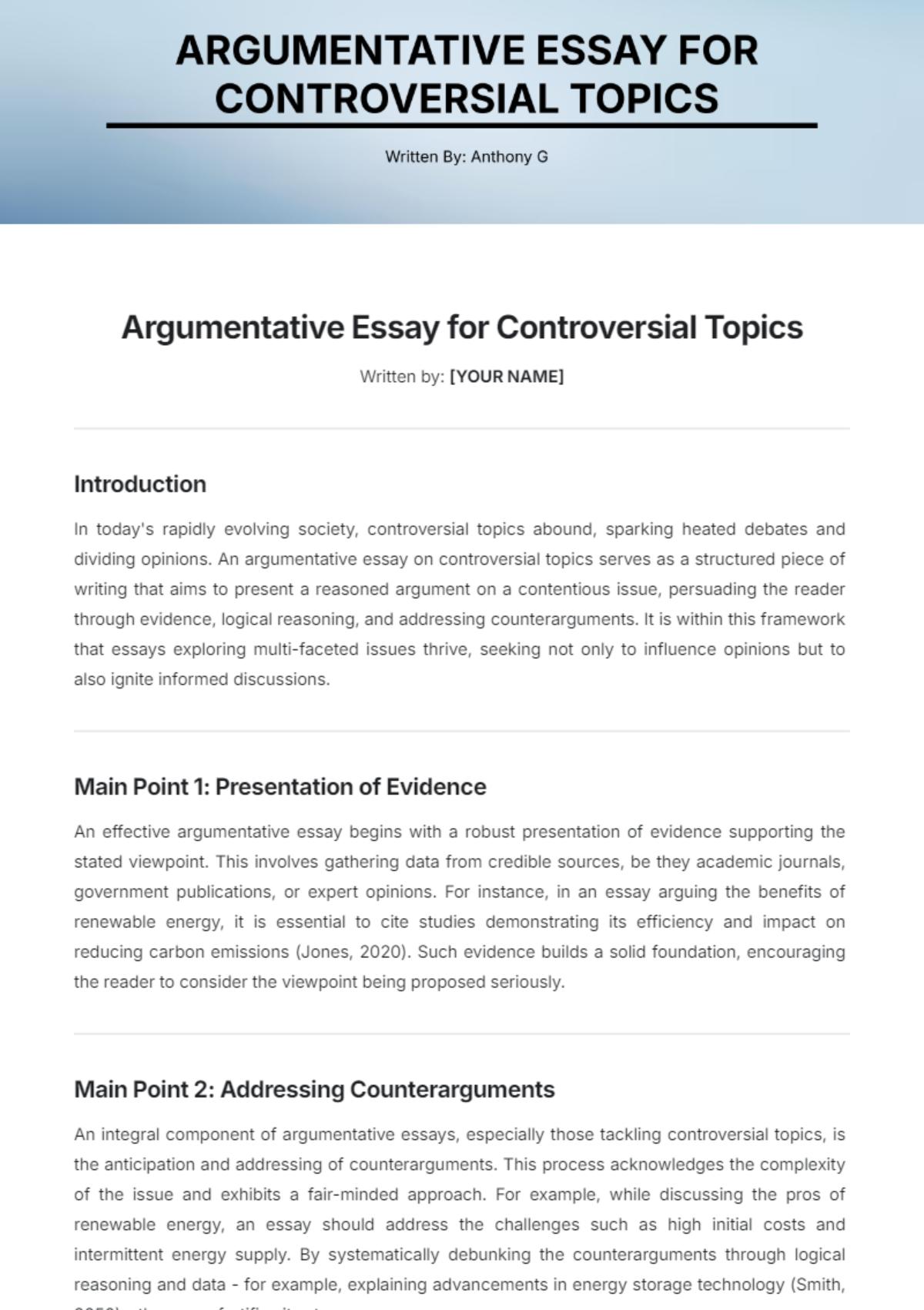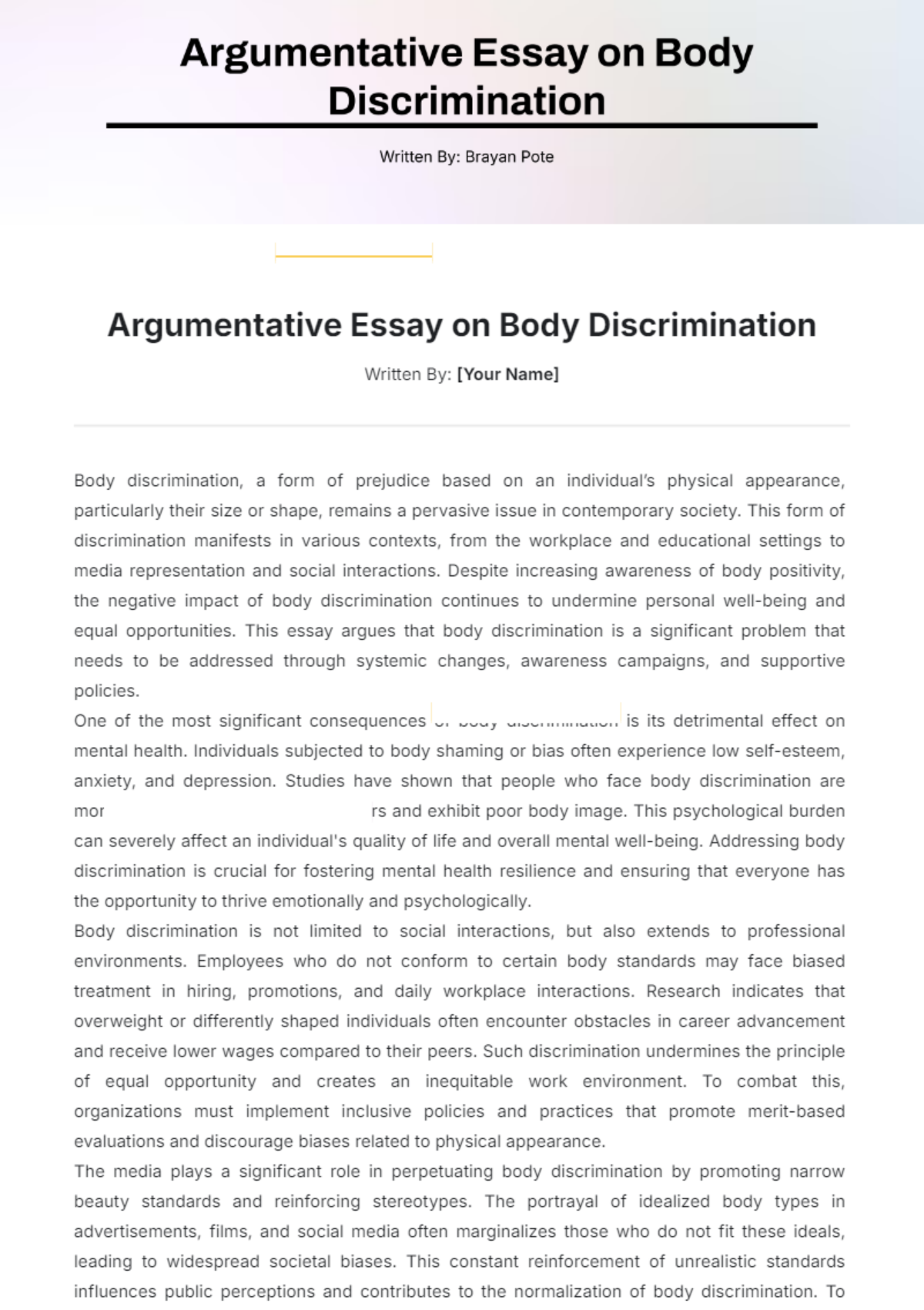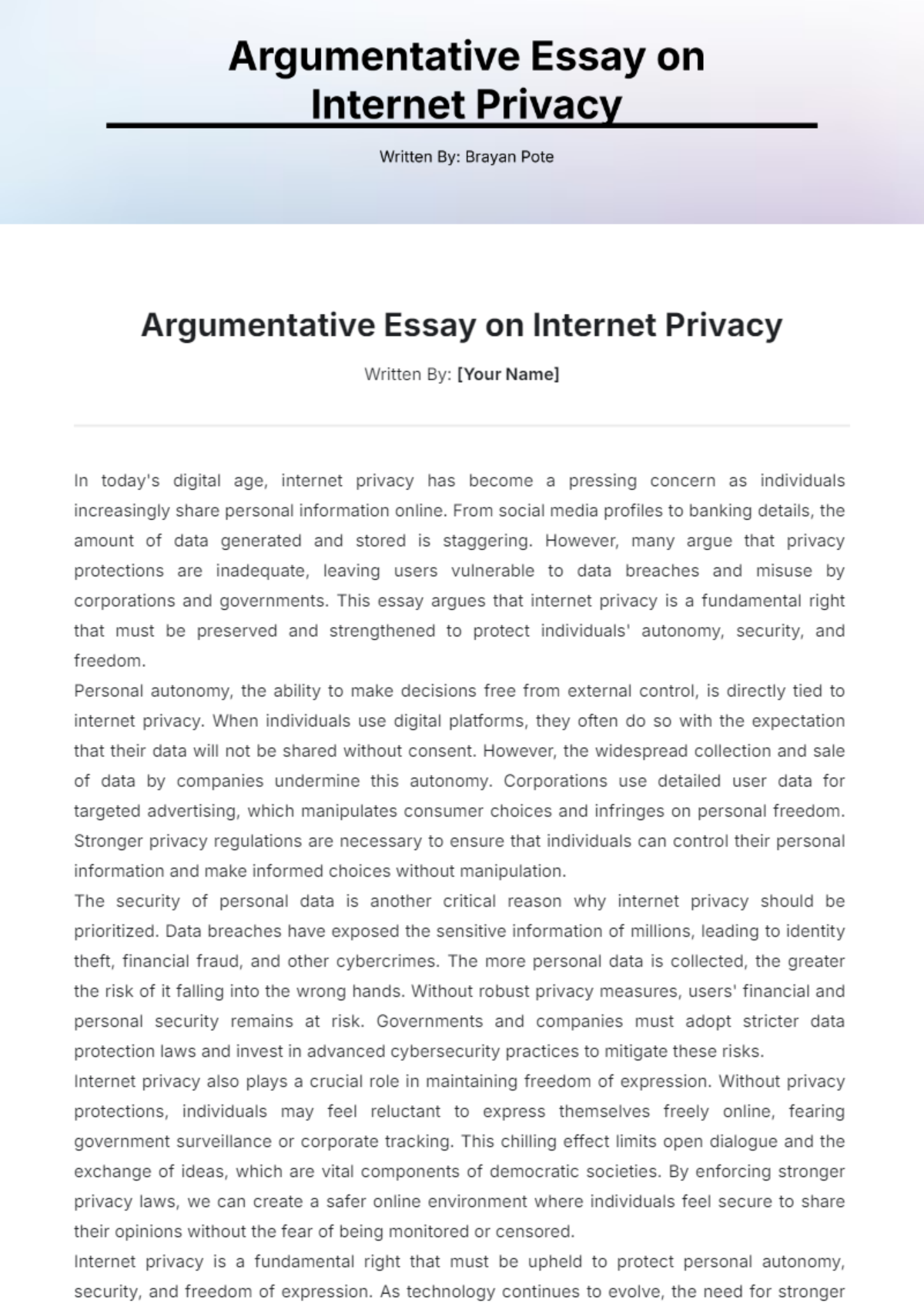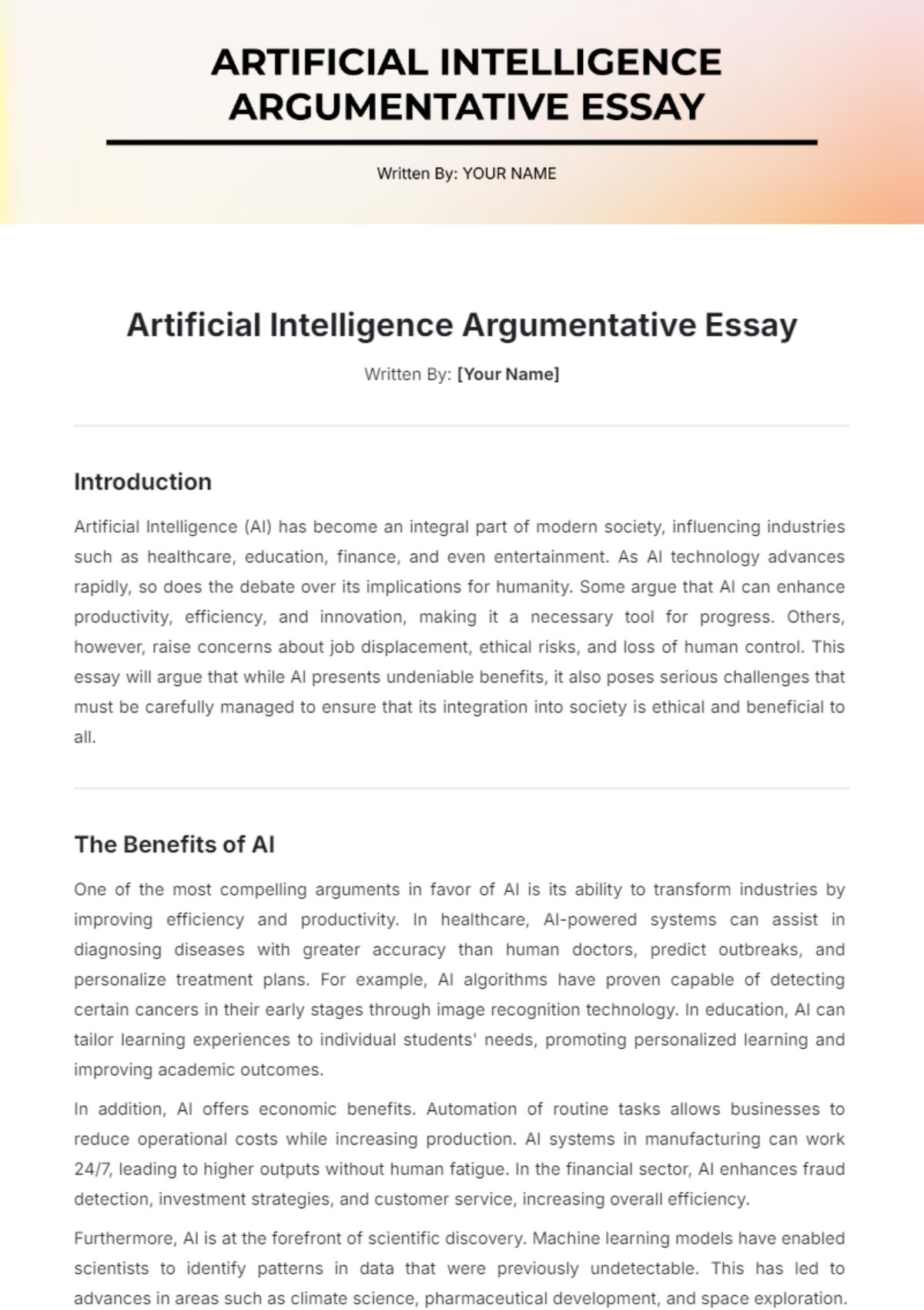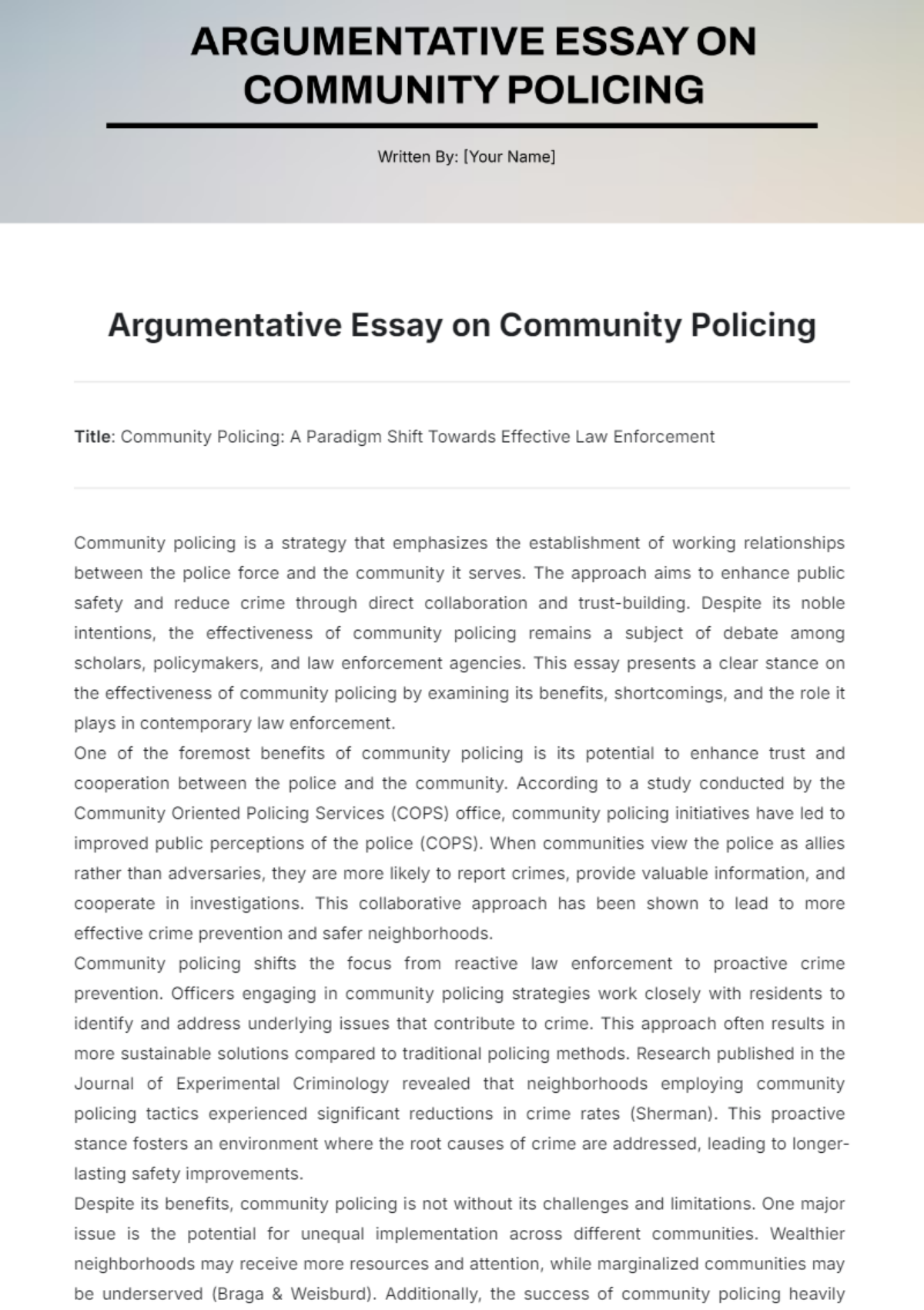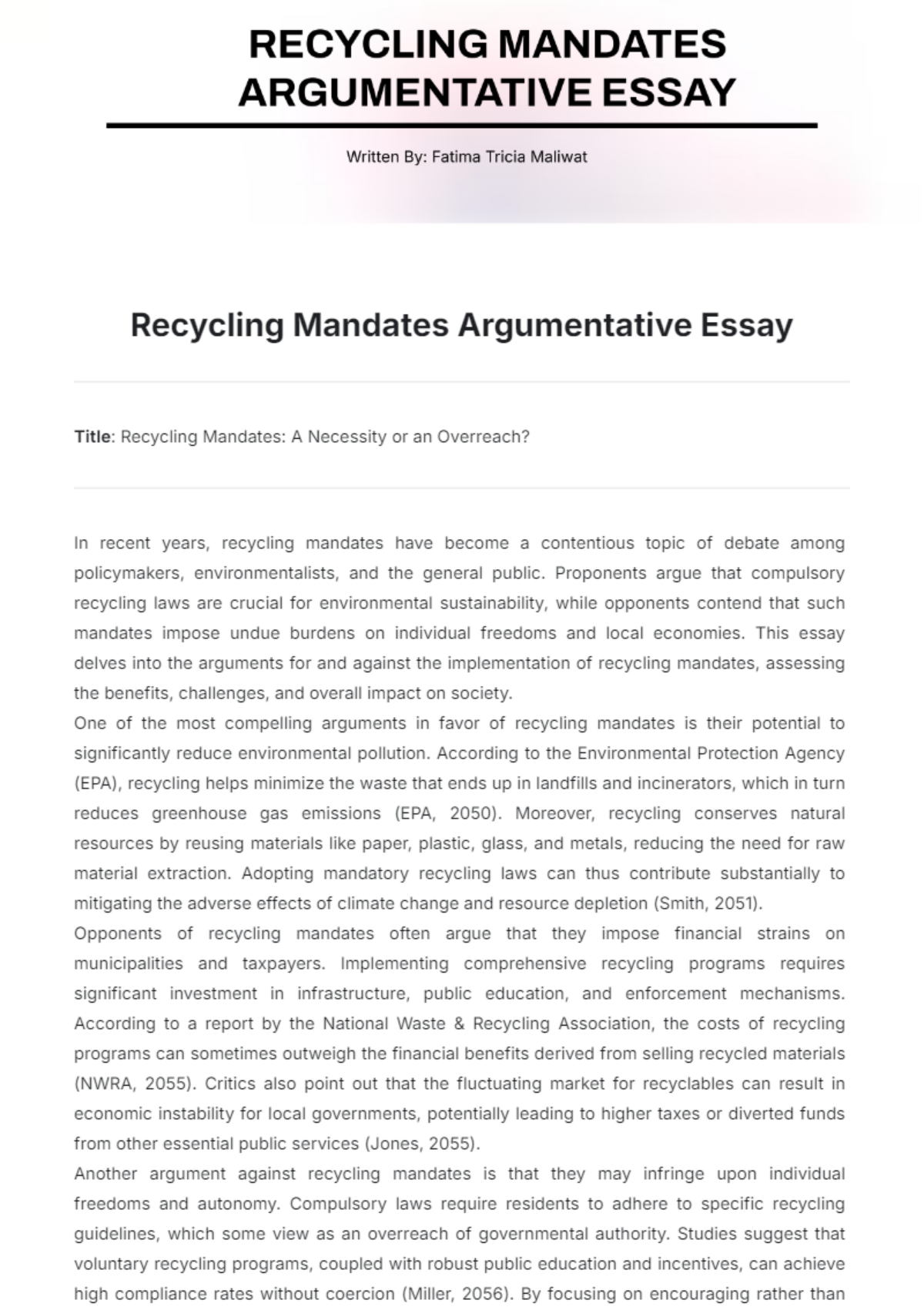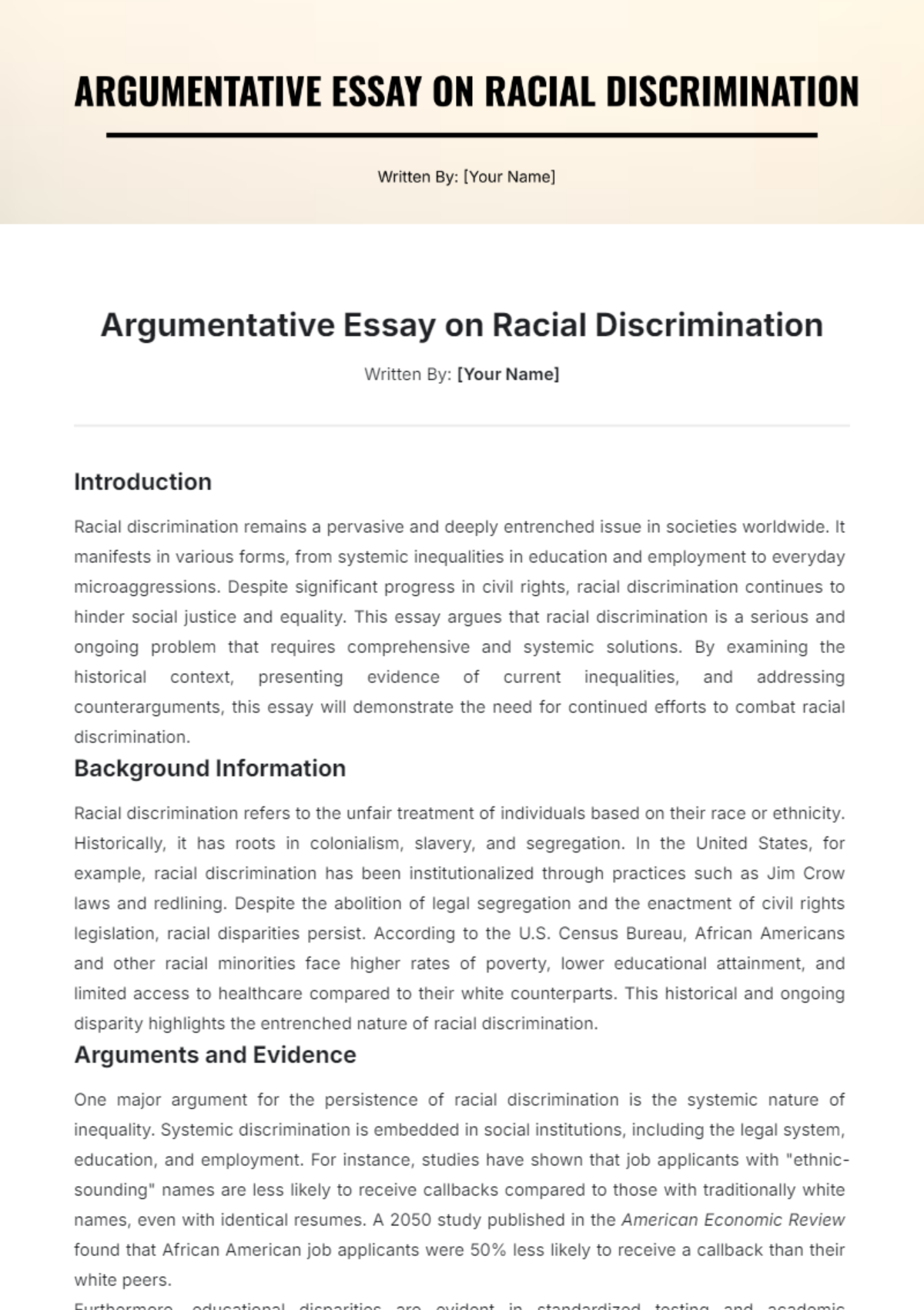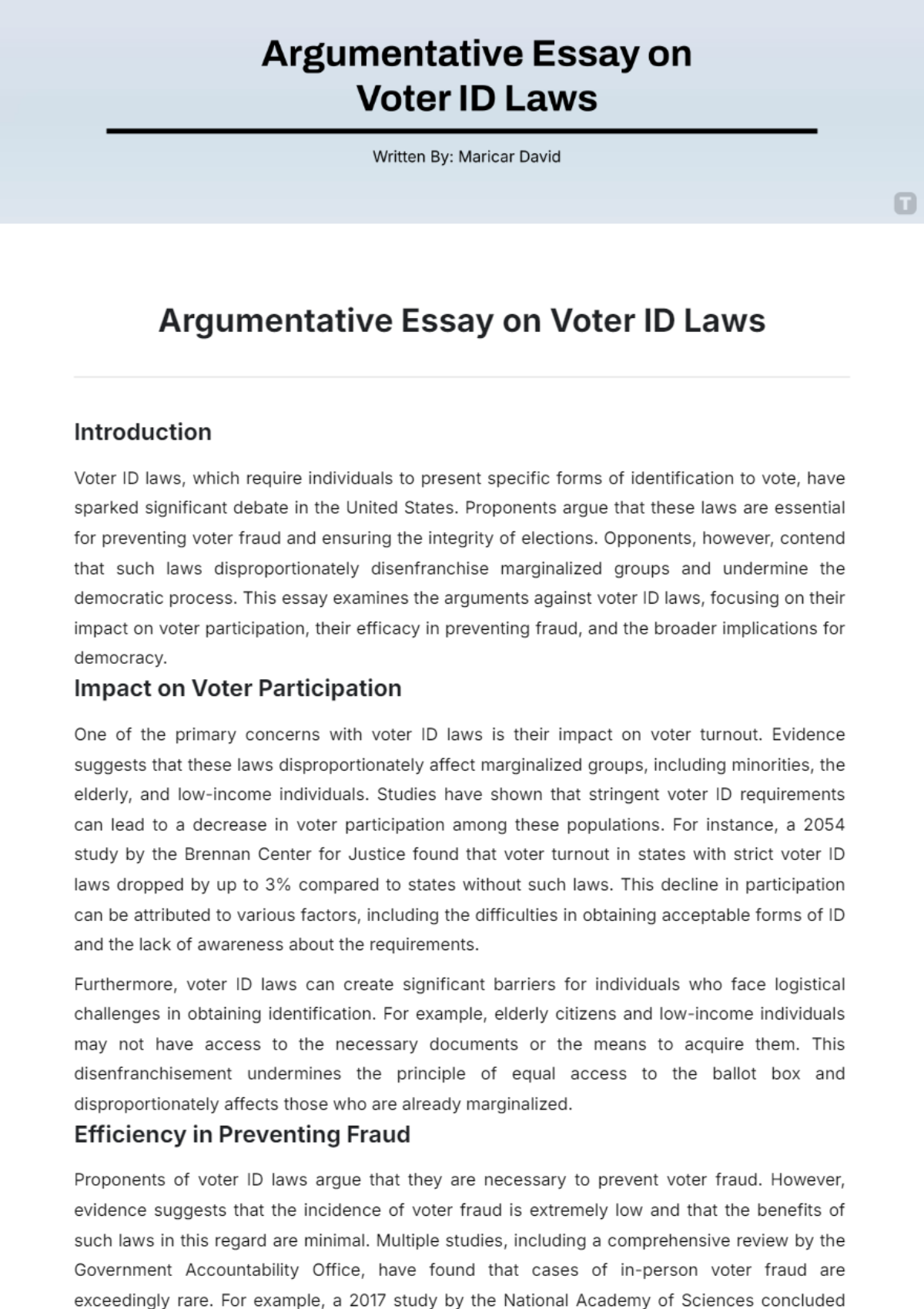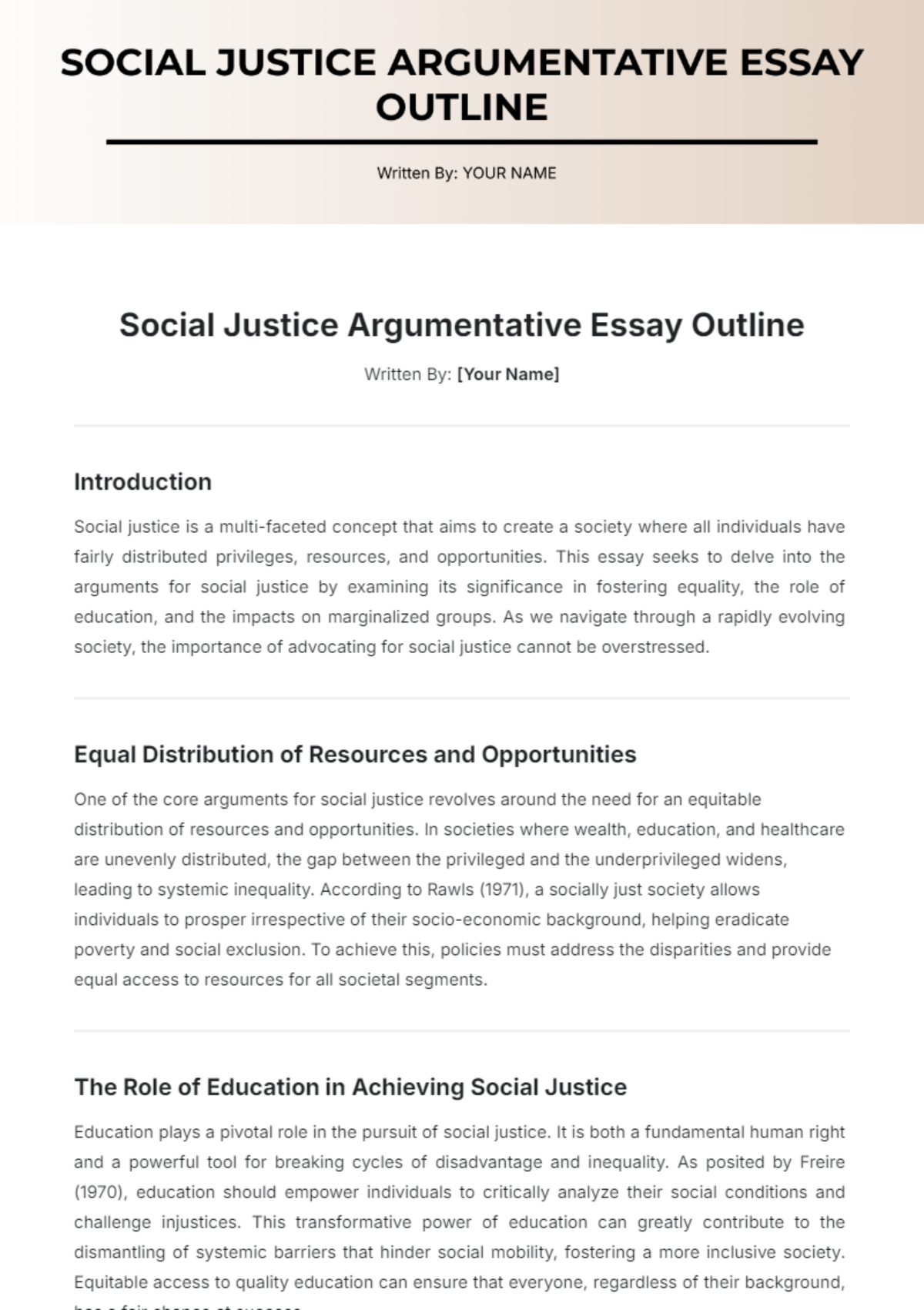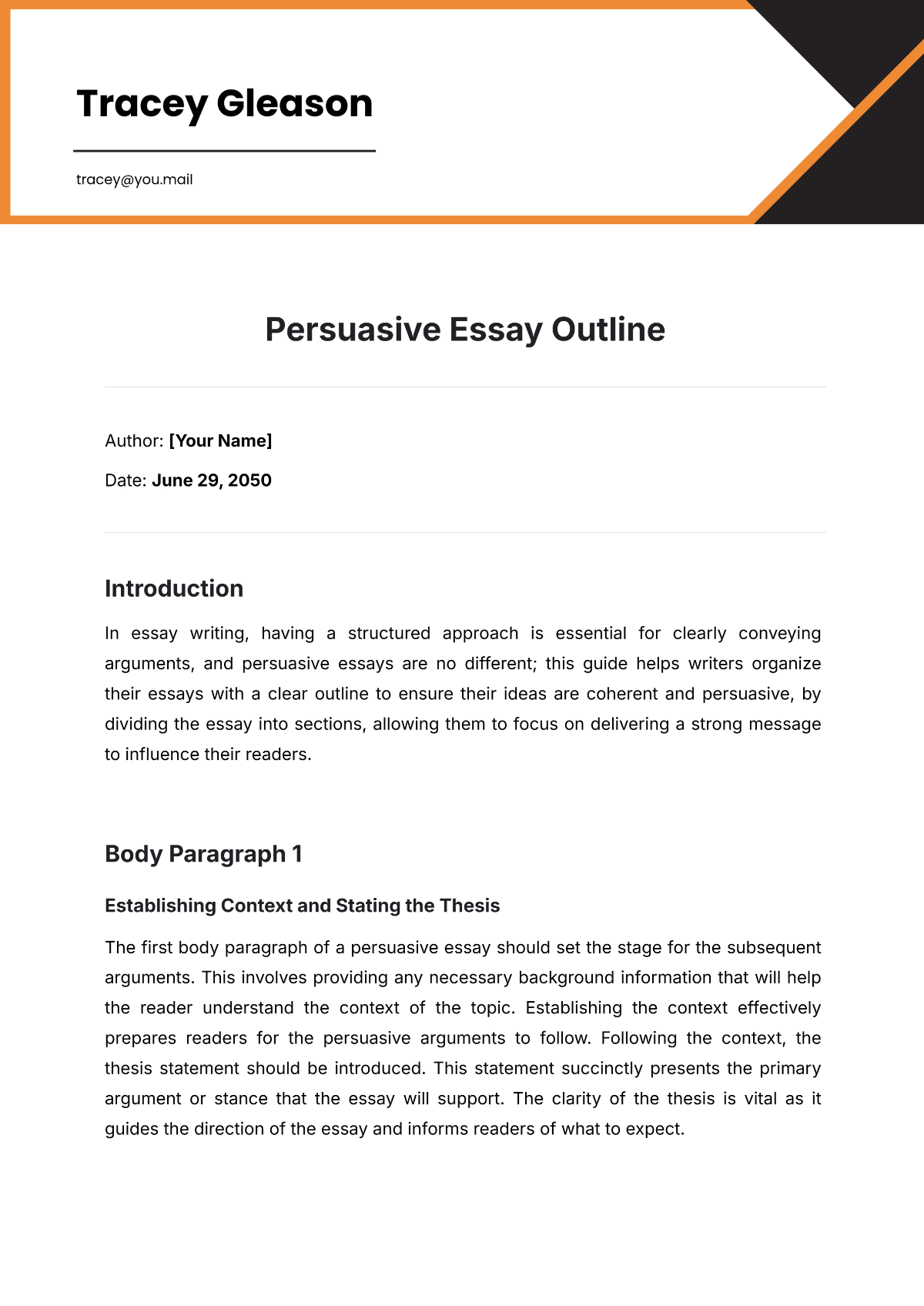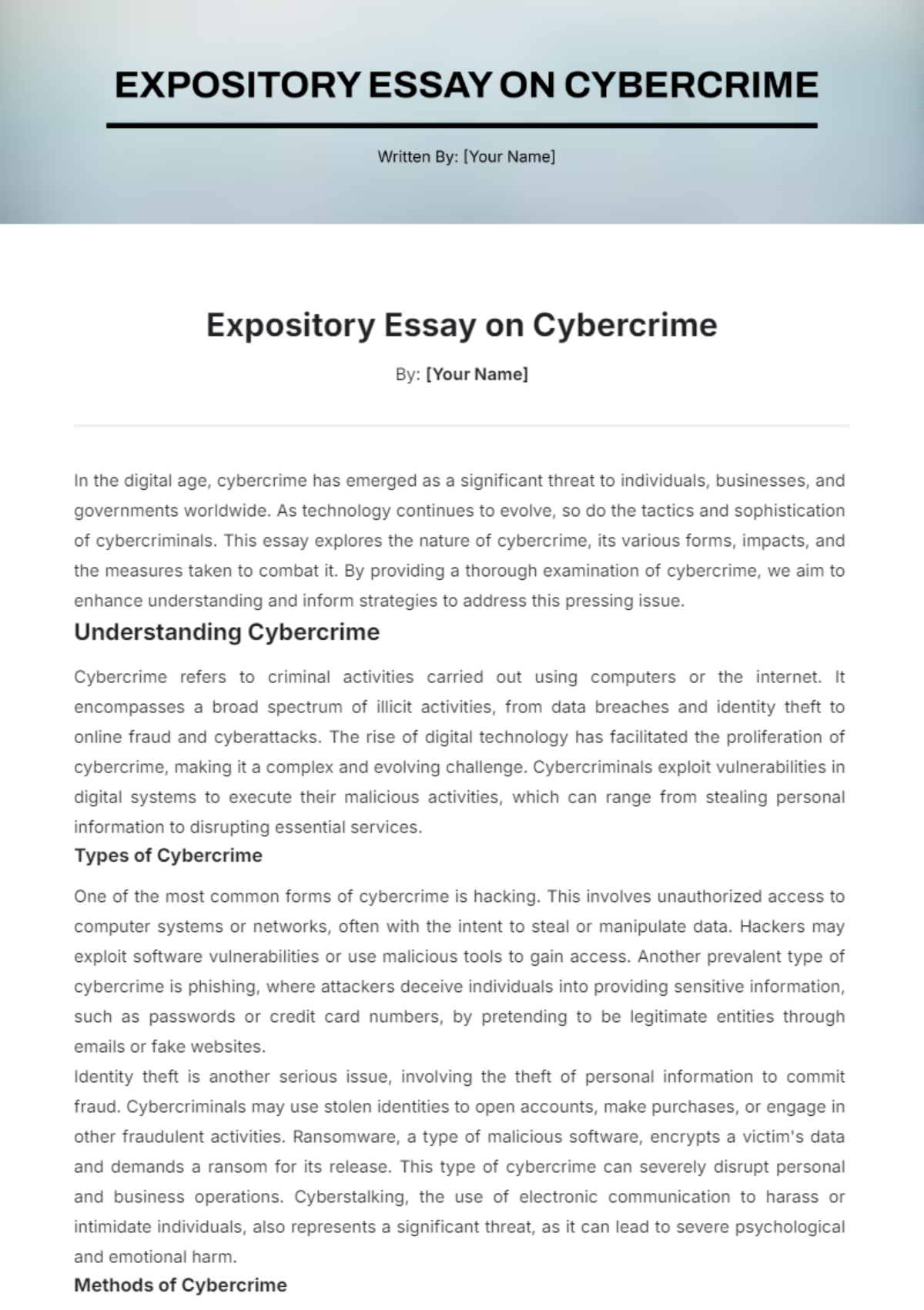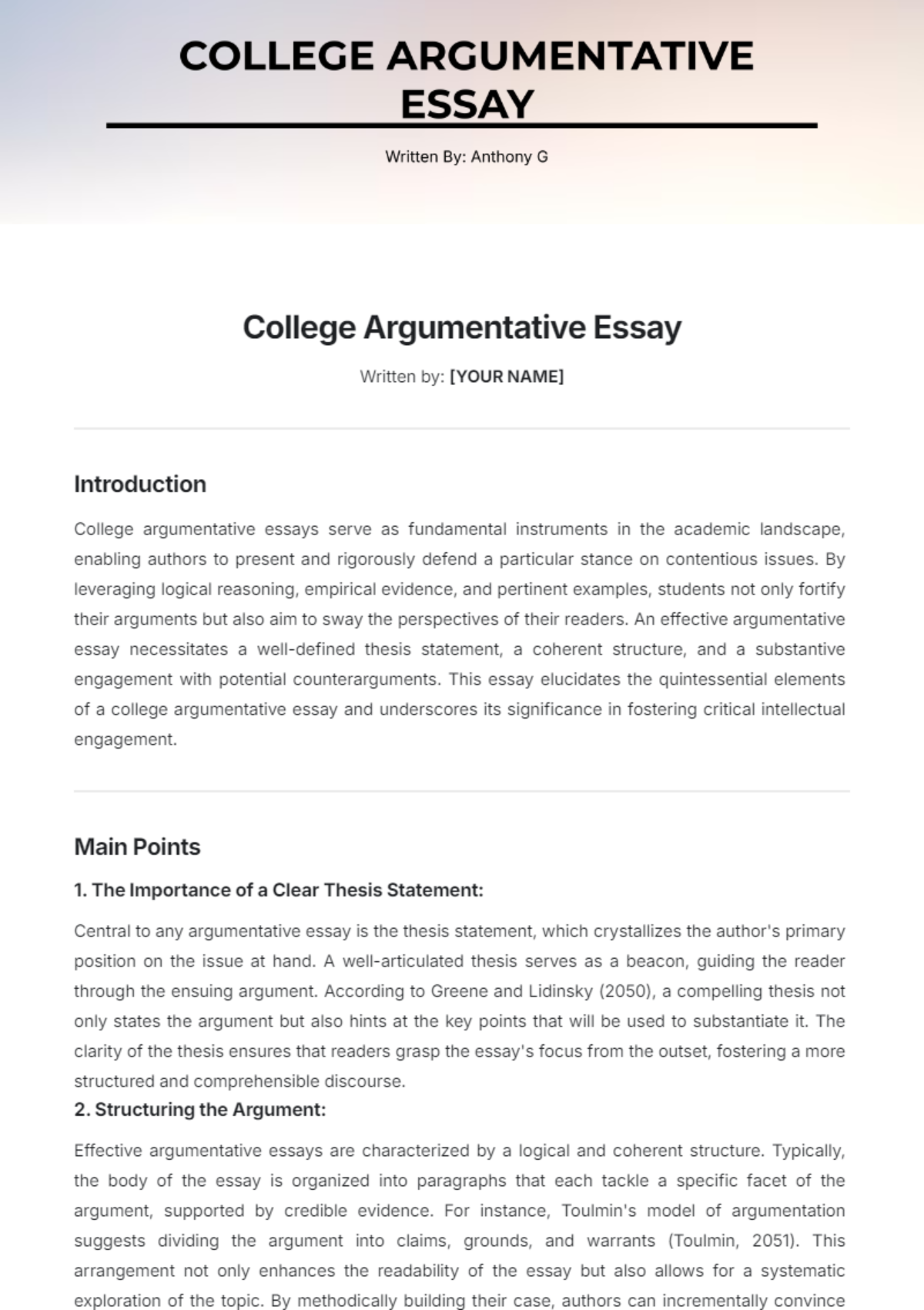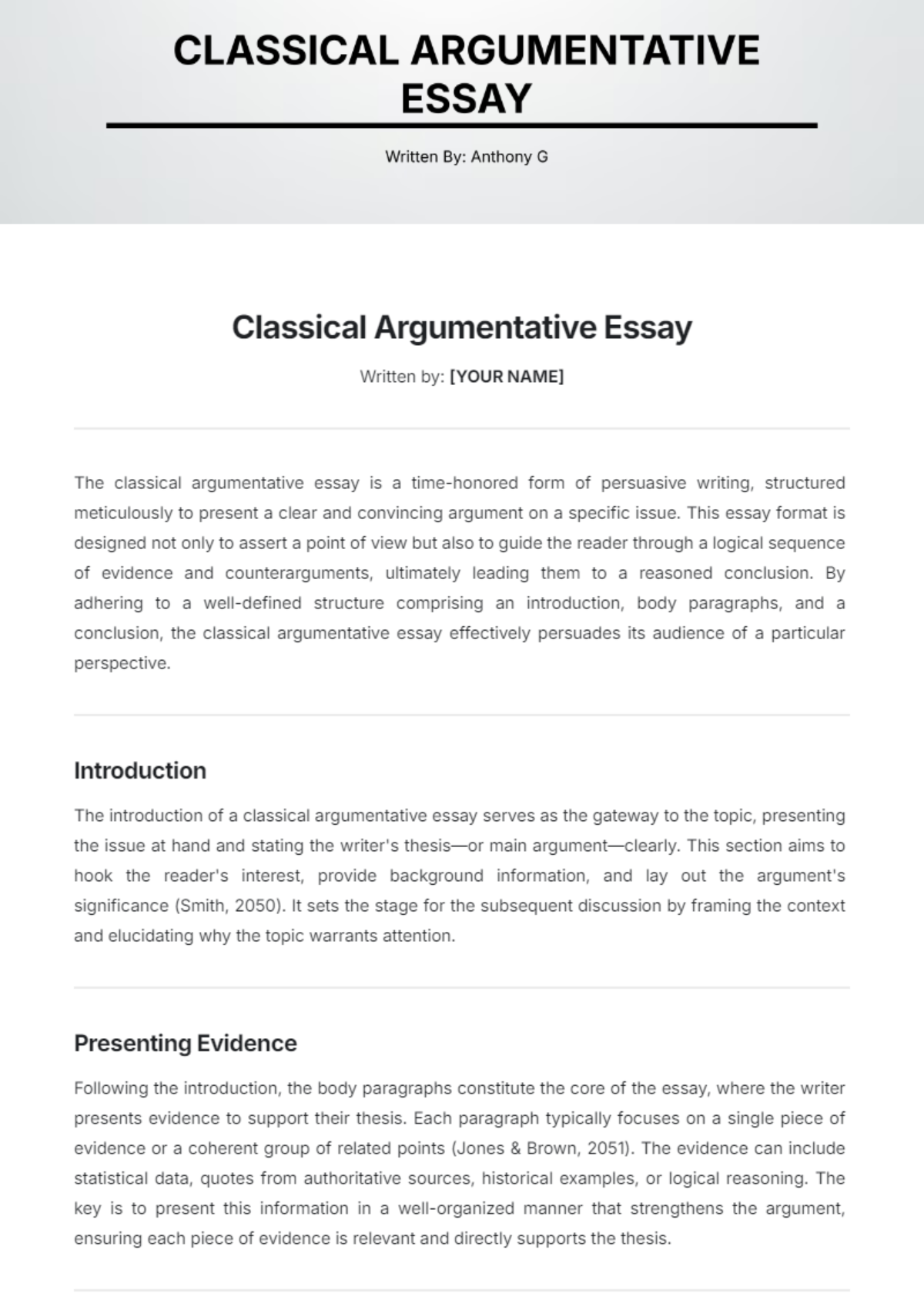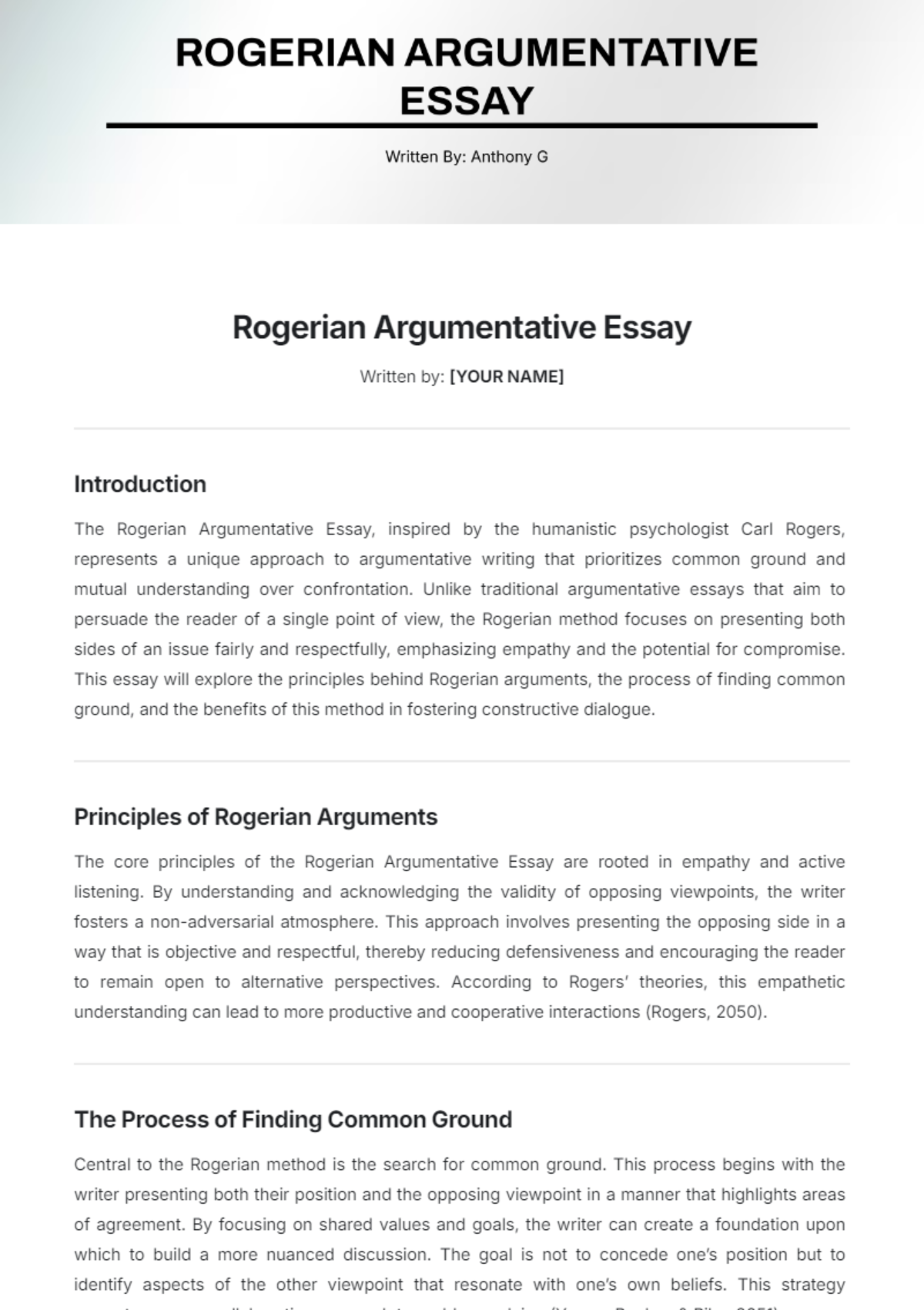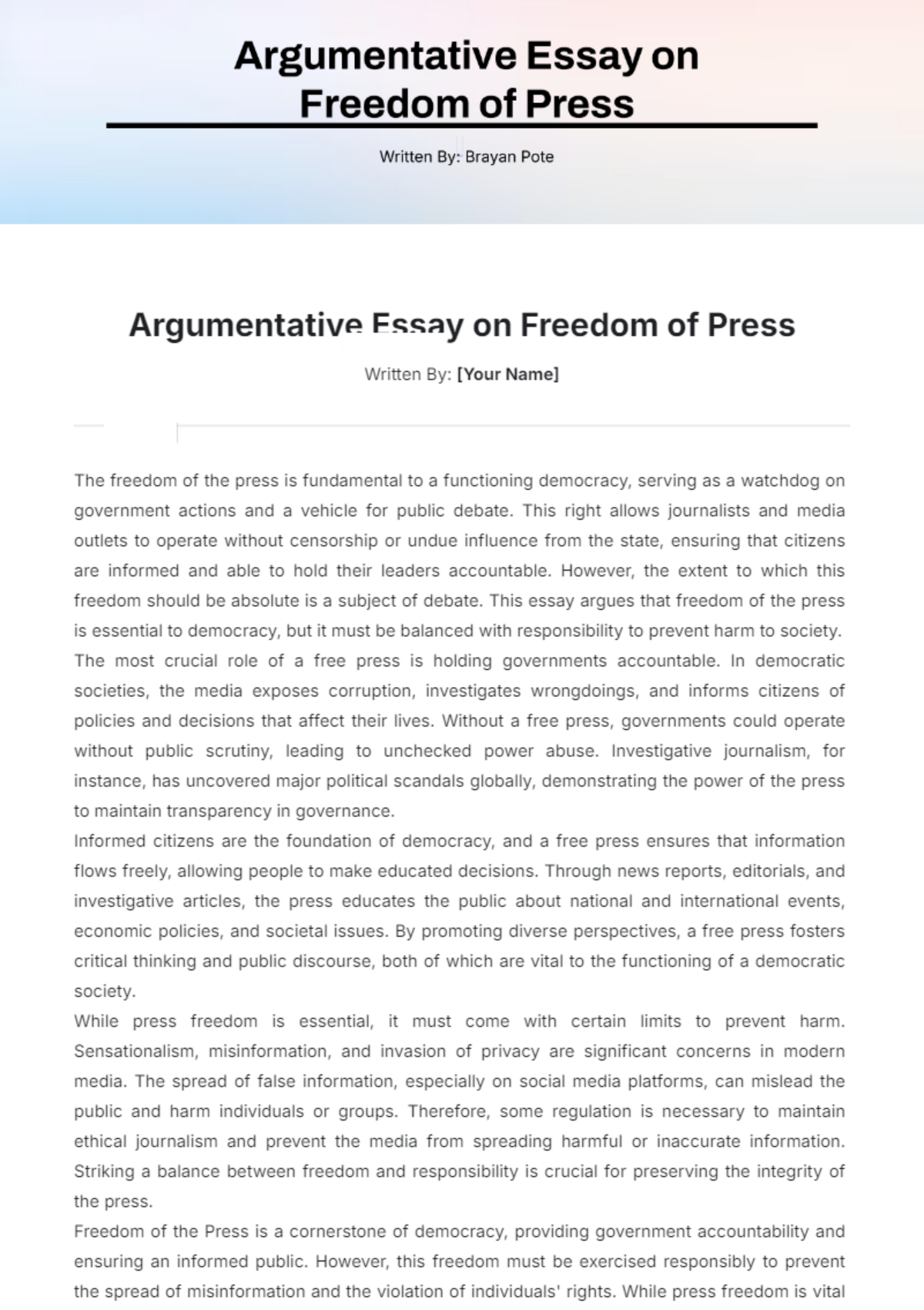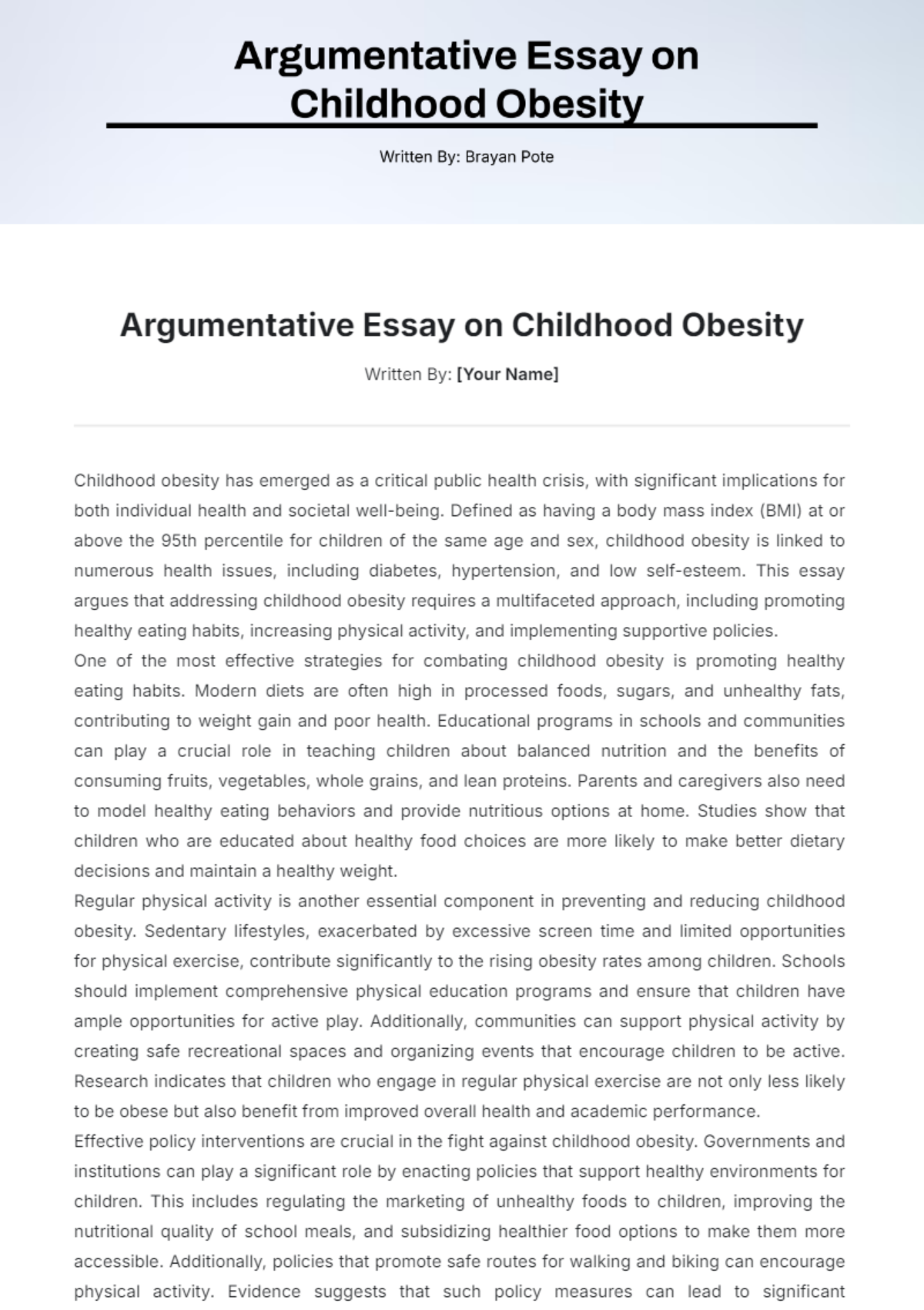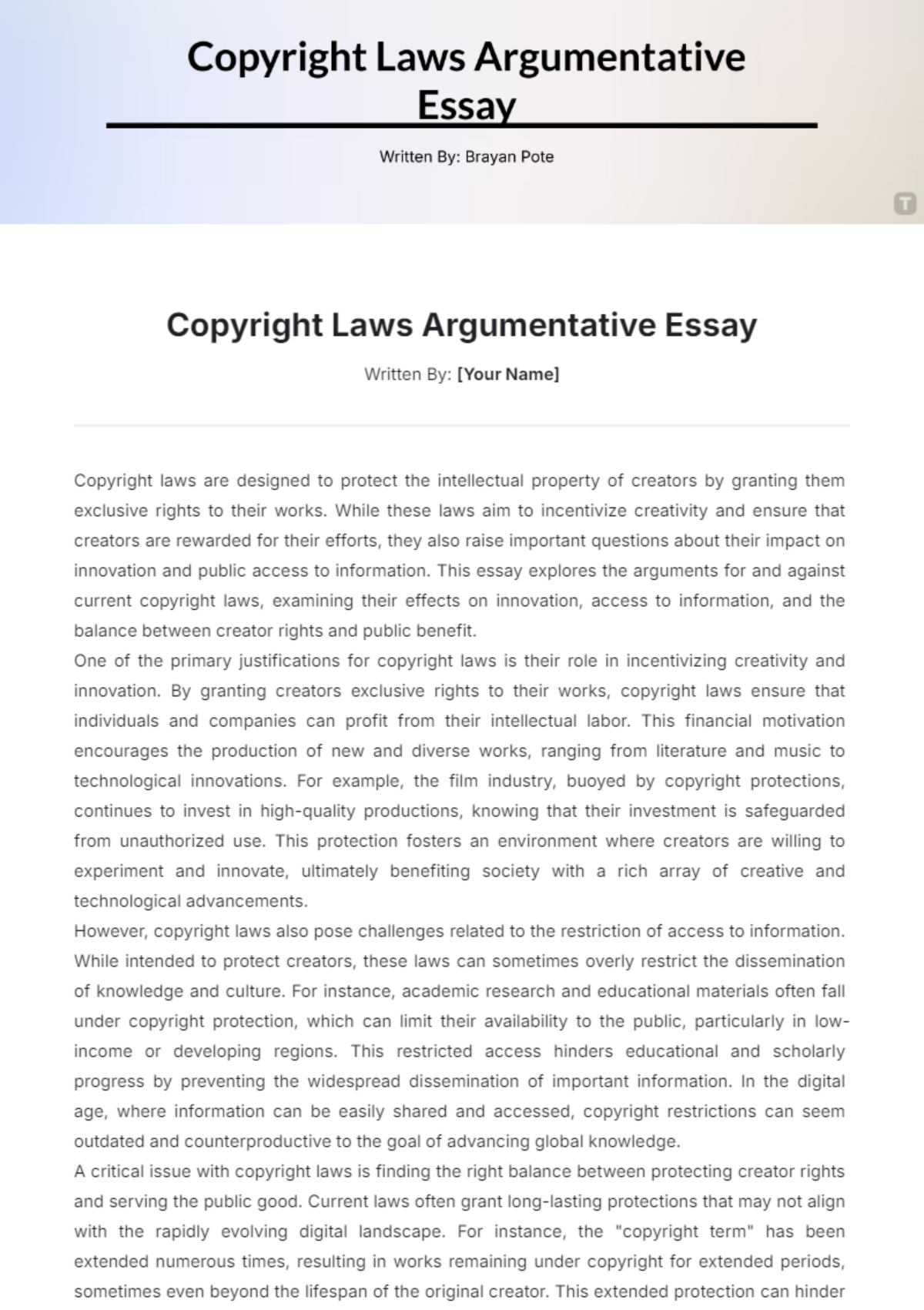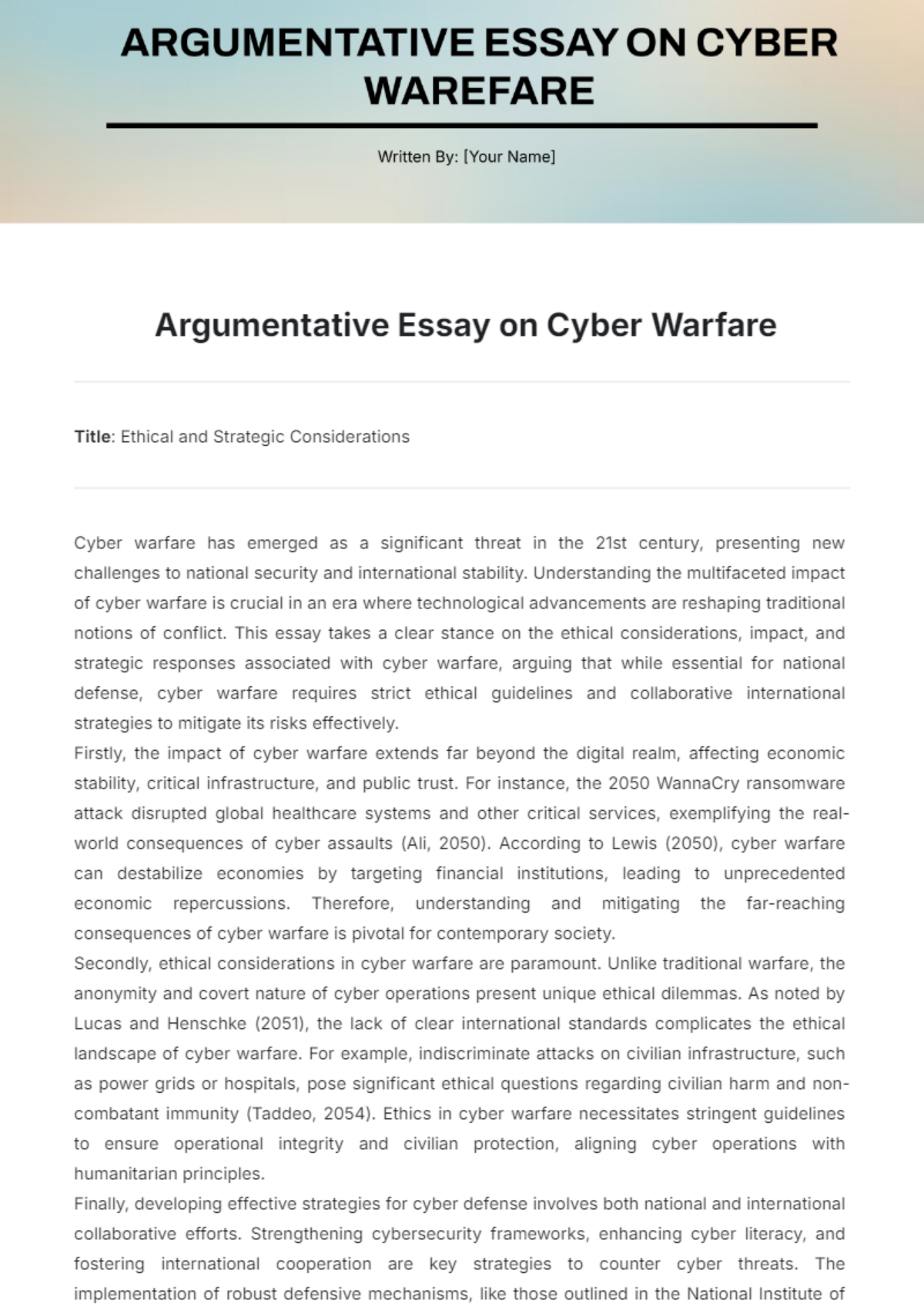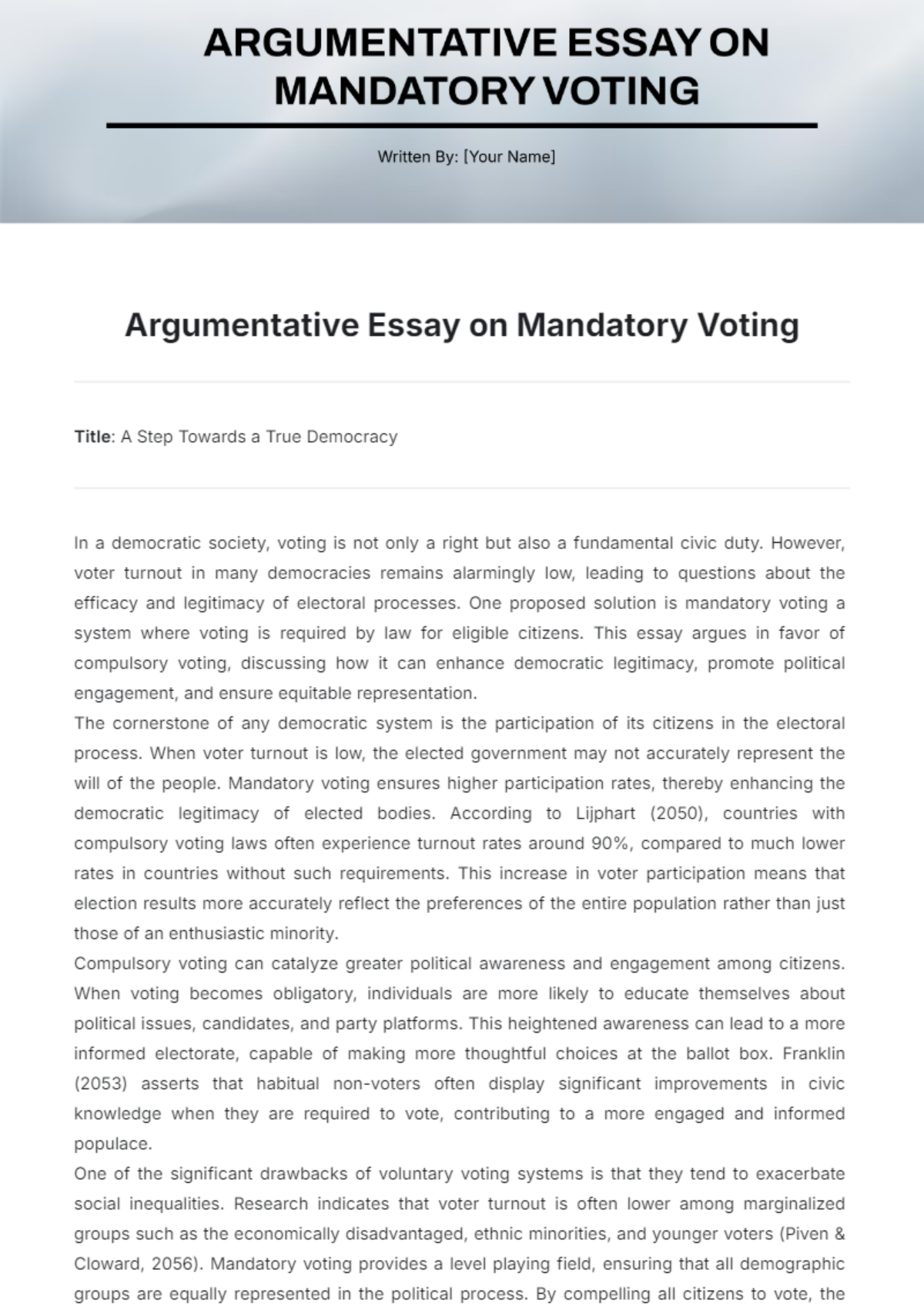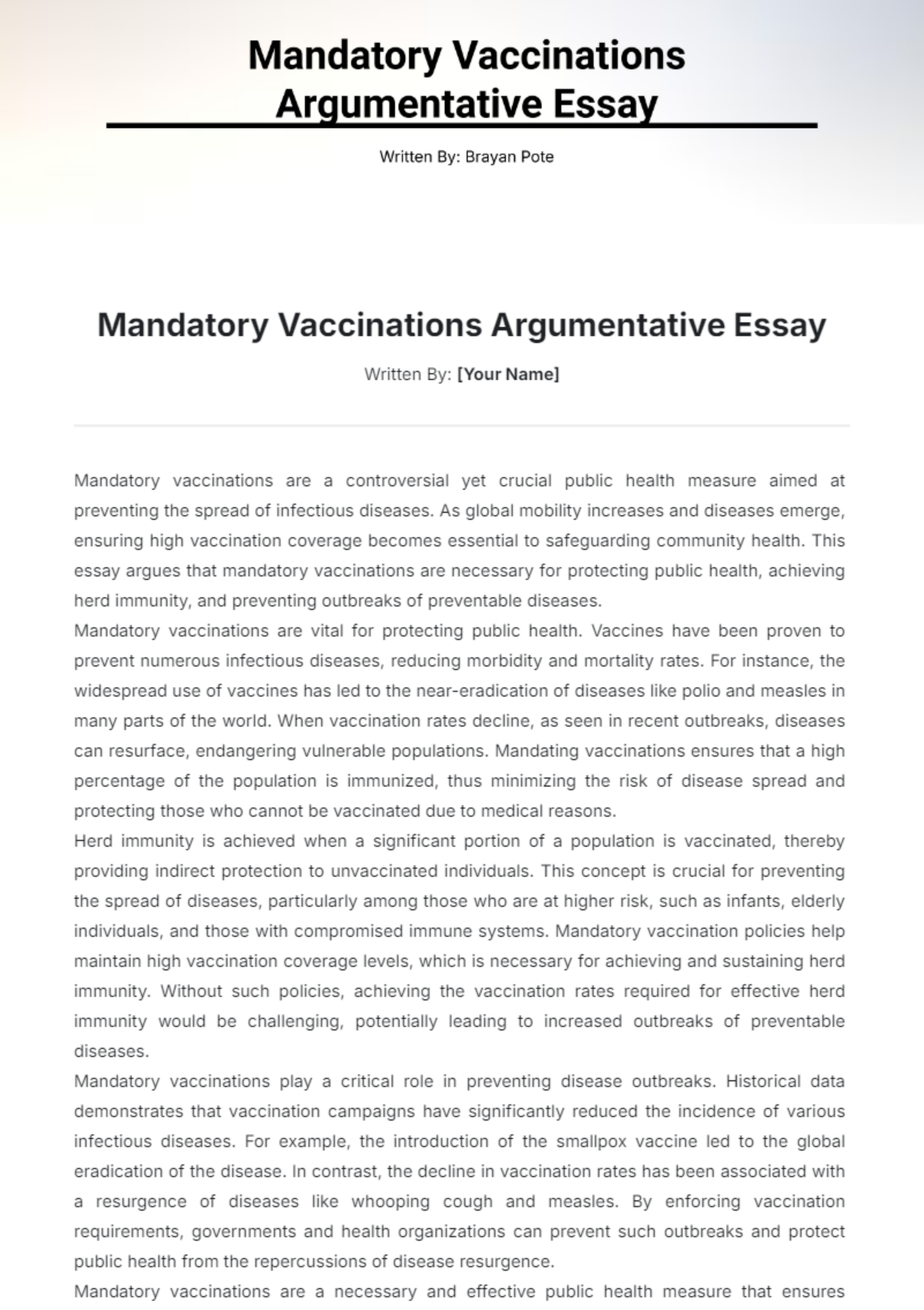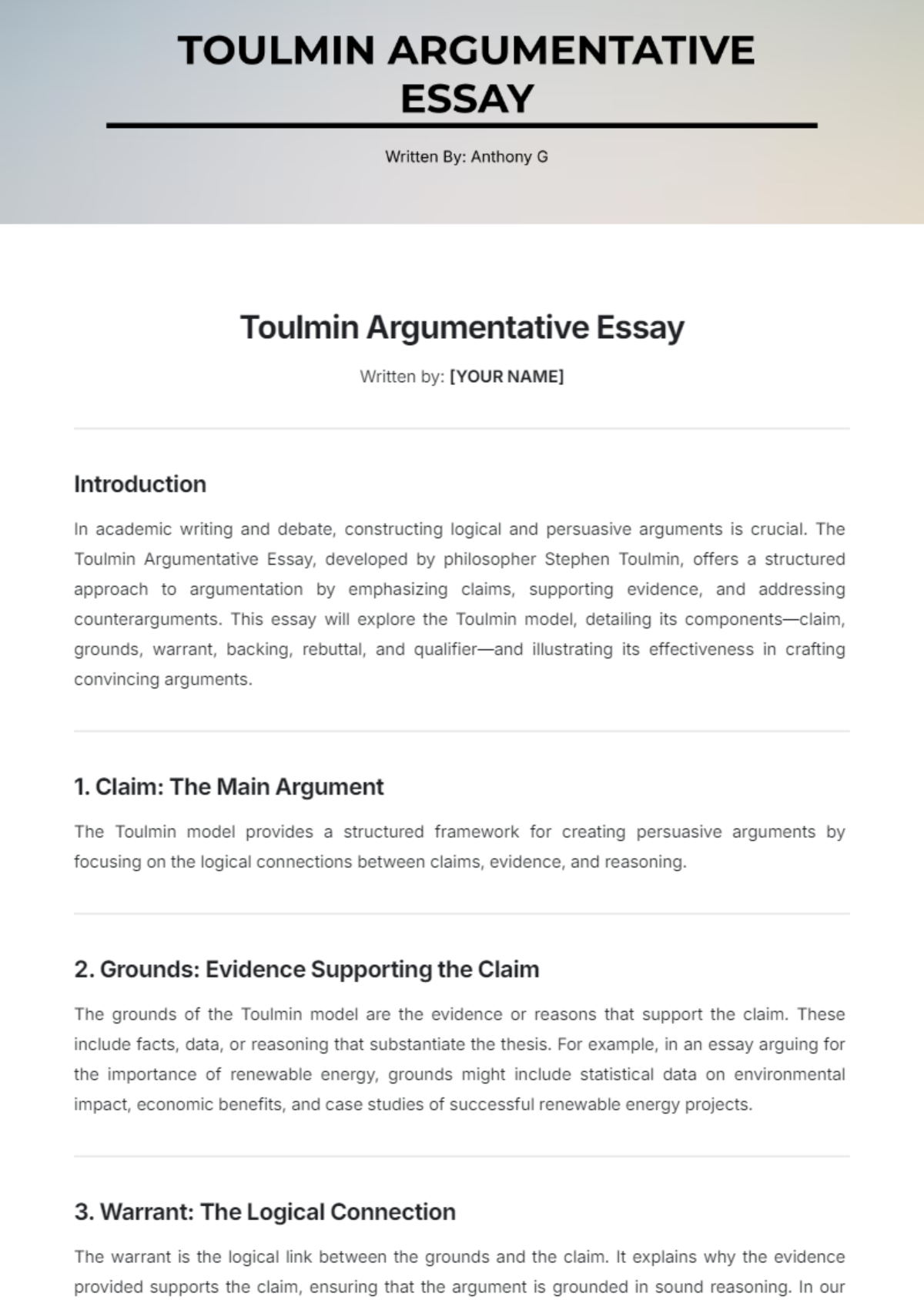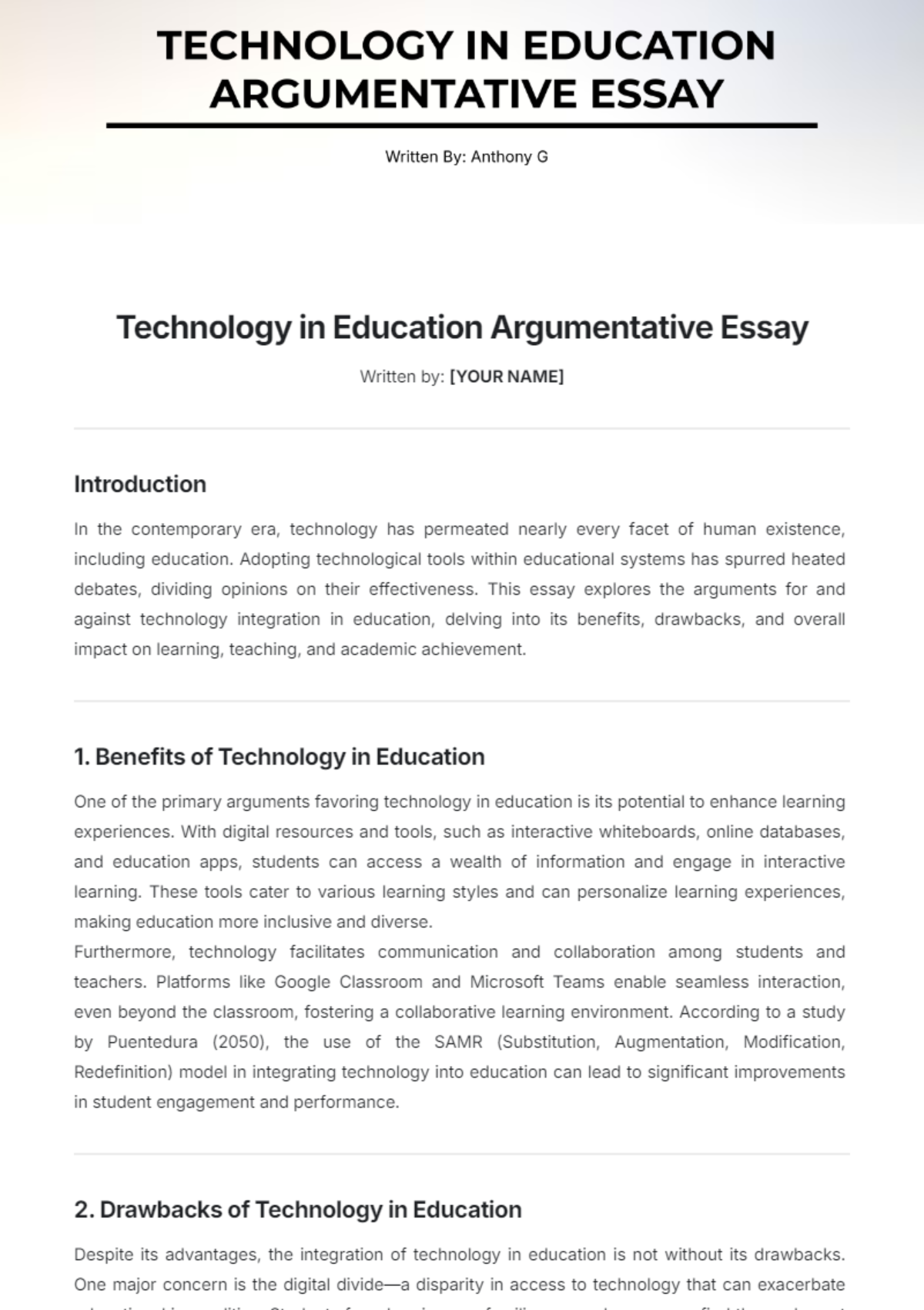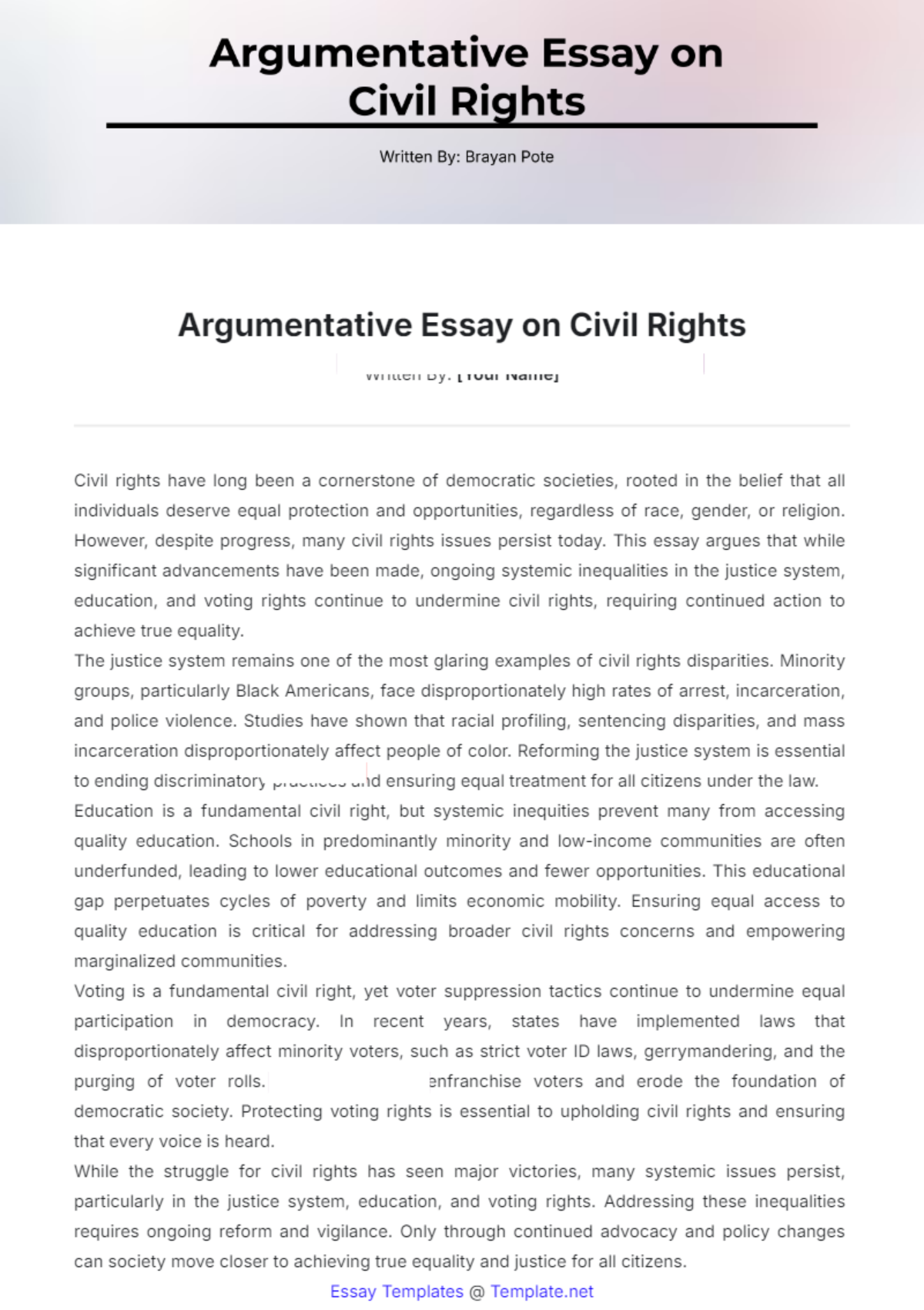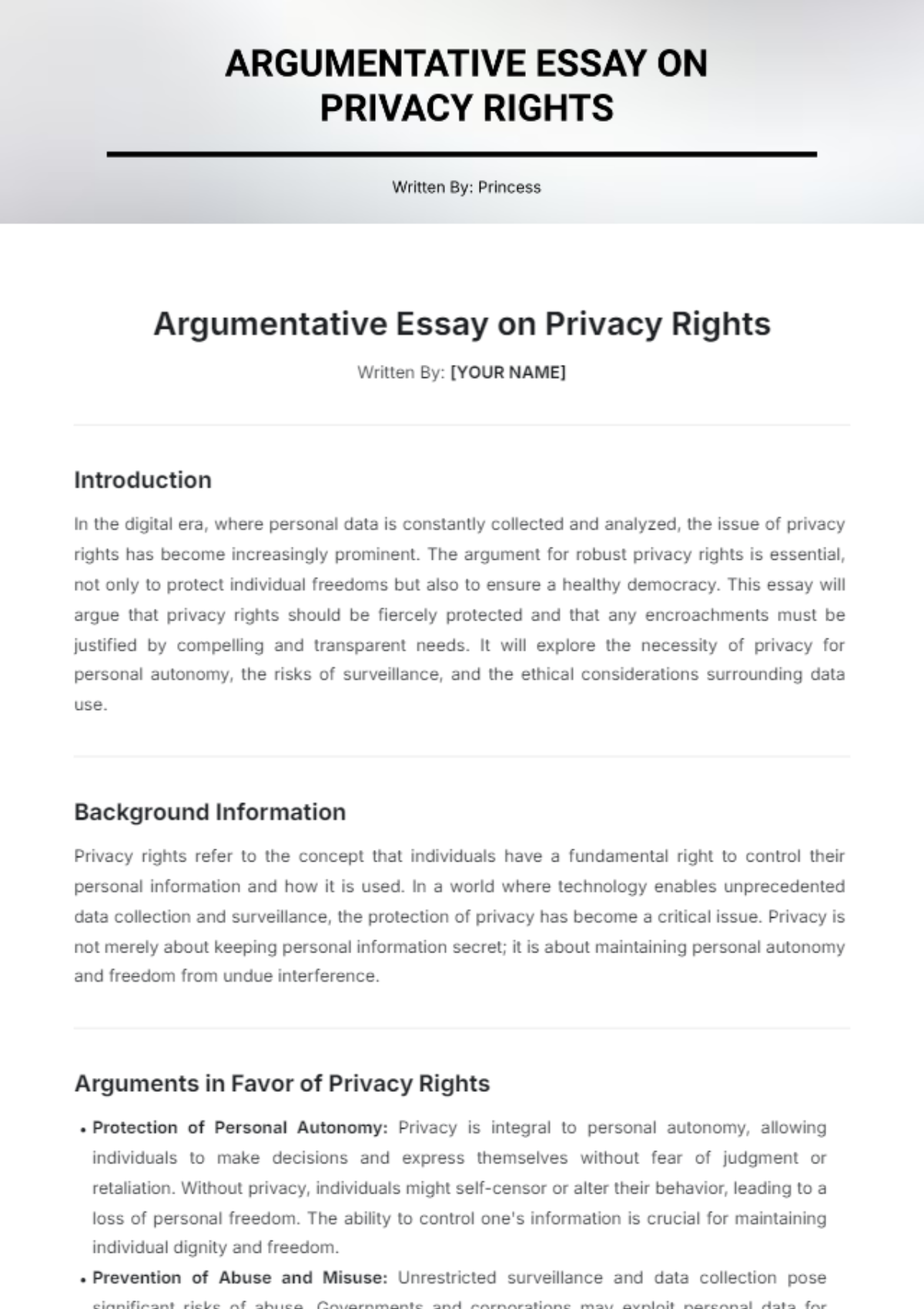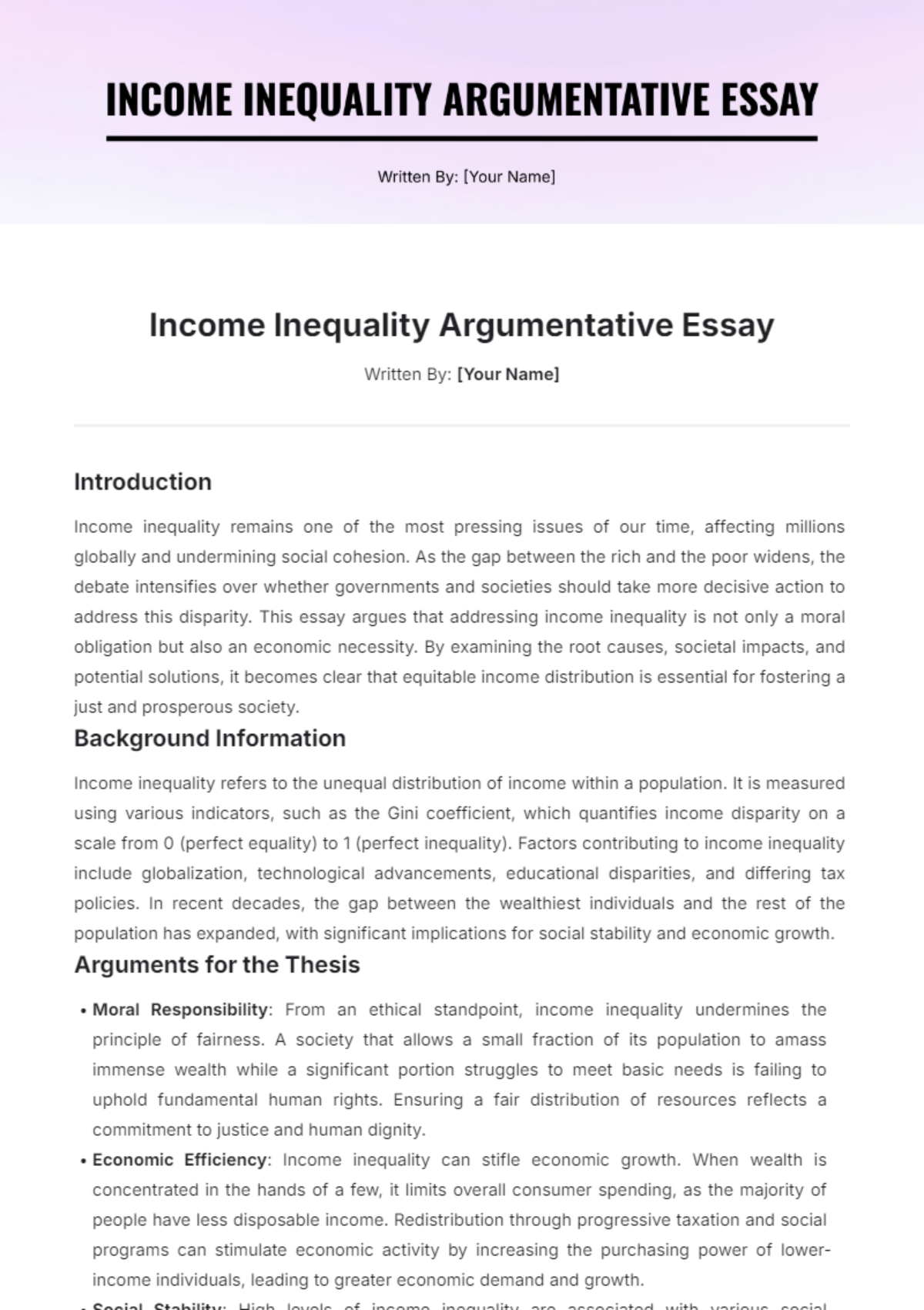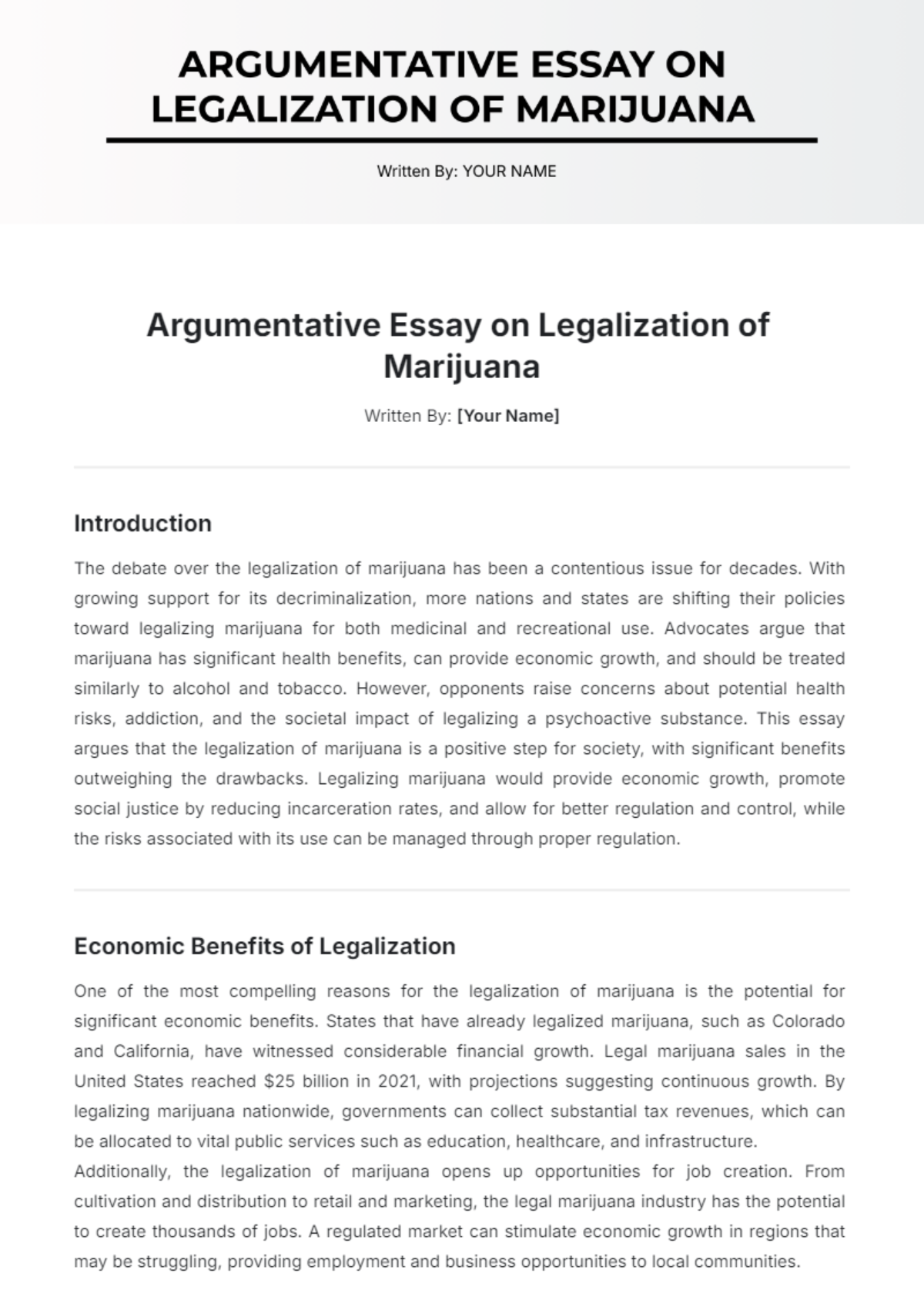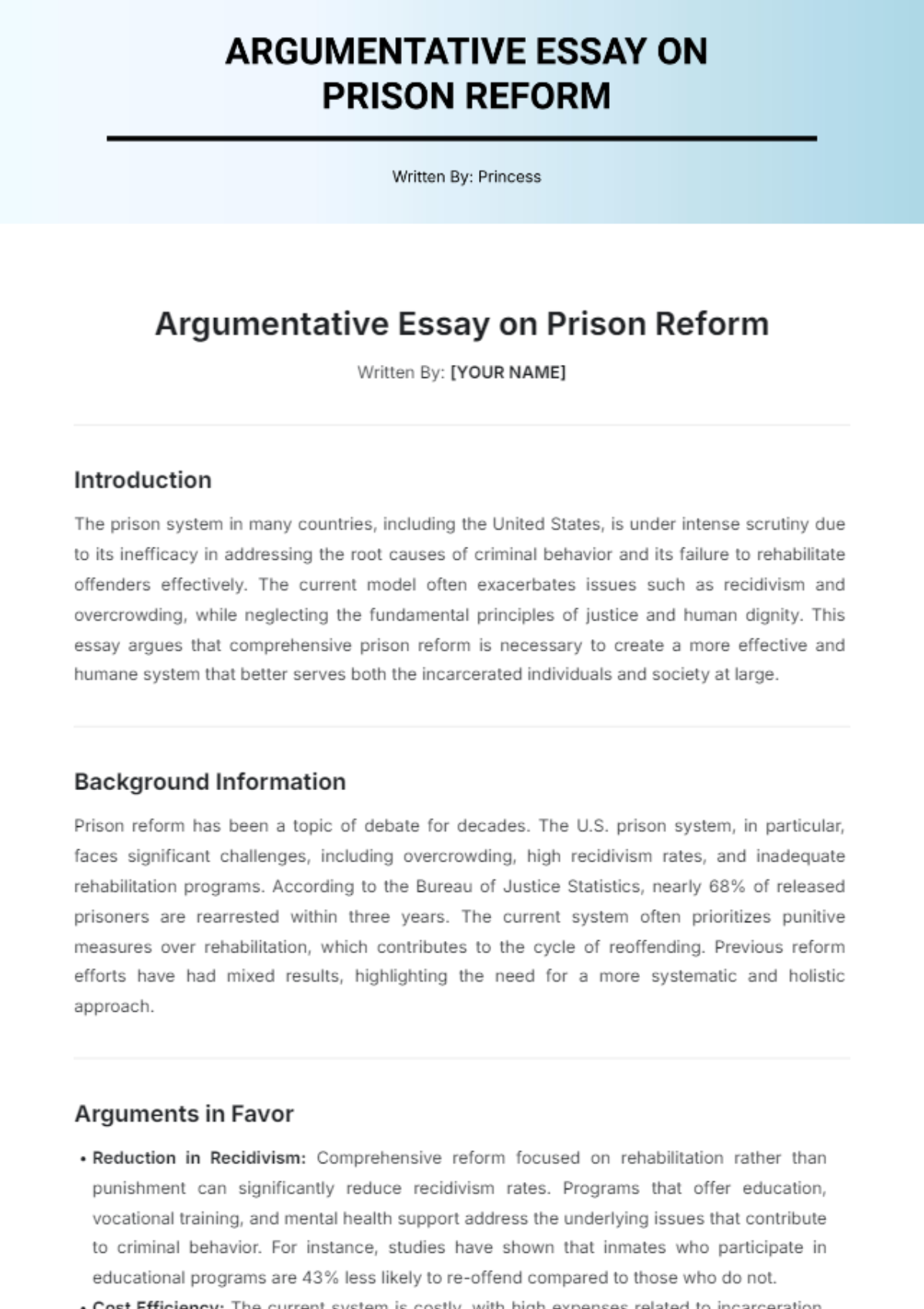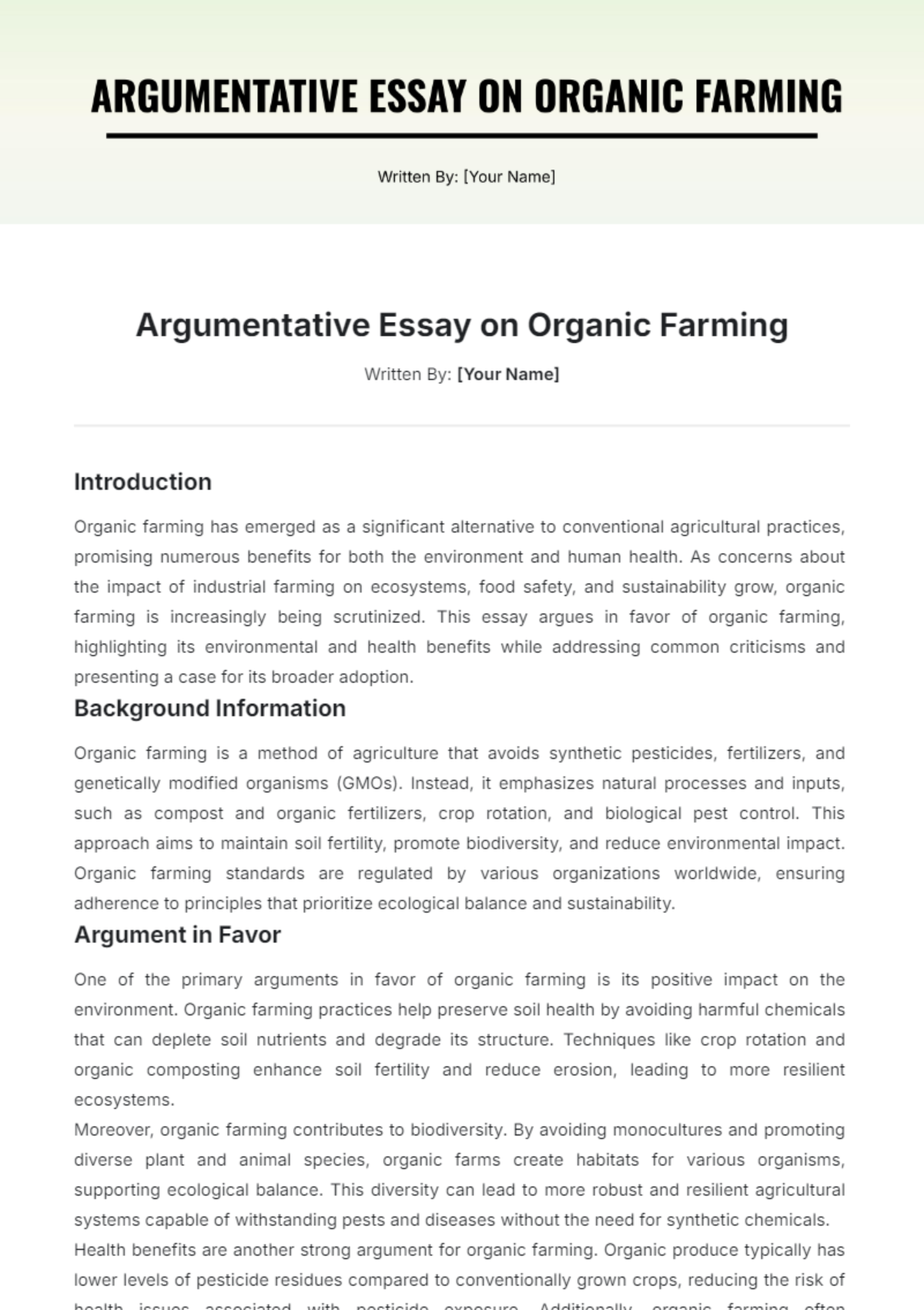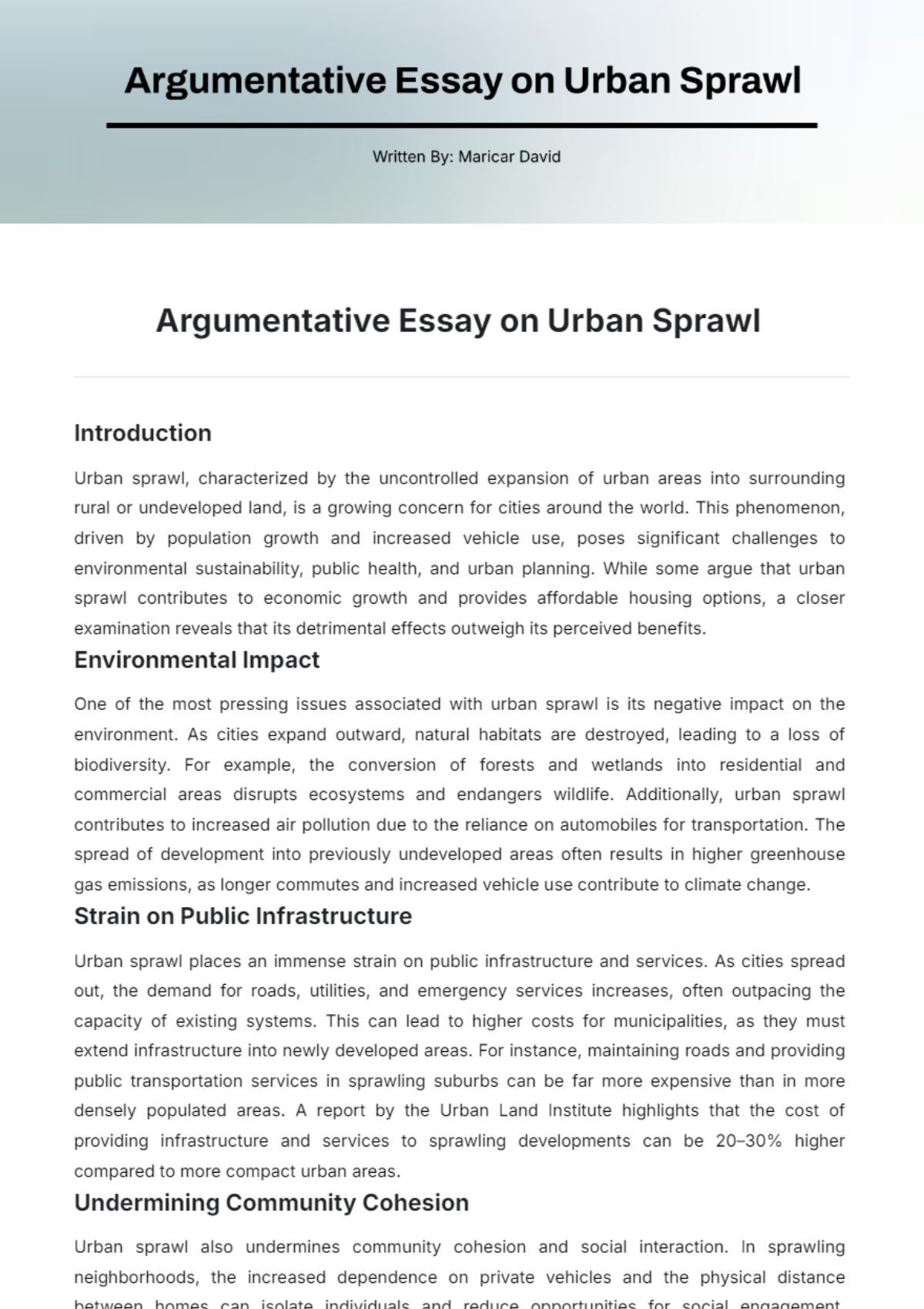Simple Argumentative Essay
The urgency of the debate over renewable energy has intensified due to the severe threat climate change poses to our environment, making the transition from fossil fuels to renewable energy sources more critical than ever; this essay contends that embracing renewable energy is vital for addressing climate change and achieving long-term environmental sustainability.
To address the climate crisis effectively, we must embrace renewable energy sources such as solar, wind, and hydropower. These technologies offer a sustainable alternative to fossil fuels, which are major contributors to greenhouse gas emissions. According to the International Energy Agency, renewable energy sources accounted for 29% of global electricity generation in 2050, marking a significant step towards a greener future. This essay will explore the benefits of renewable energy, counter common objections, and highlight the broader implications of a shift towards these sustainable technologies.
One of the most compelling reasons to adopt renewable energy is its environmental benefit. Unlike fossil fuels, which release harmful pollutants into the atmosphere, renewable energy sources produce little to no greenhouse gases. For instance, wind turbines generate electricity without emitting carbon dioxide, making them a clean energy solution. A study published in Nature Climate Change found that increasing wind and solar power could reduce global carbon emissions by up to 70% by 2050. Renewable energy boosts economic growth, as seen in Denmark and Germany, where wind energy integration has created thousands of green jobs. An IRENA report states the renewable sector will employ over 12 million people globally by 2051, highlighting its job creation potential.
Critics claim renewable energy is costly and unreliable. Though initial costs are high, long-term benefits surpass the investment. Solar panel prices have dropped 80% in a decade, reducing energy bills by up to 40%, according to SEIA. While solar and wind power are intermittent, advancements in storage technology, like lithium-ion batteries, have improved reliability. NREL research supports that energy storage can stabilize supply and demand.
The transition to renewable energy is not only crucial for reducing greenhouse gas emissions but also for fostering a more resilient and sustainable economy. By investing in renewable technologies, we can reduce our dependence on finite fossil fuels and decrease our vulnerability to energy price fluctuations. Additionally, the shift to renewable energy can drive innovation and technological advancement, positioning countries as leaders in the green technology sector. Switching to renewable energy can improve public health by reducing air pollution from fossil fuels, which causes respiratory and cardiovascular diseases. The American Lung Association states this could prevent thousands of premature deaths annually.
In conclusion, adopting renewable energy sources is essential for addressing climate change and promoting long-term environmental sustainability. The environmental and economic benefits of renewable energy, coupled with advances in technology that address common criticisms, make it a viable and necessary solution. By transitioning to renewable energy, we can ensure a cleaner, healthier planet for future generations and drive economic growth in the green technology sector. We must embrace this change and work towards a sustainable future.
